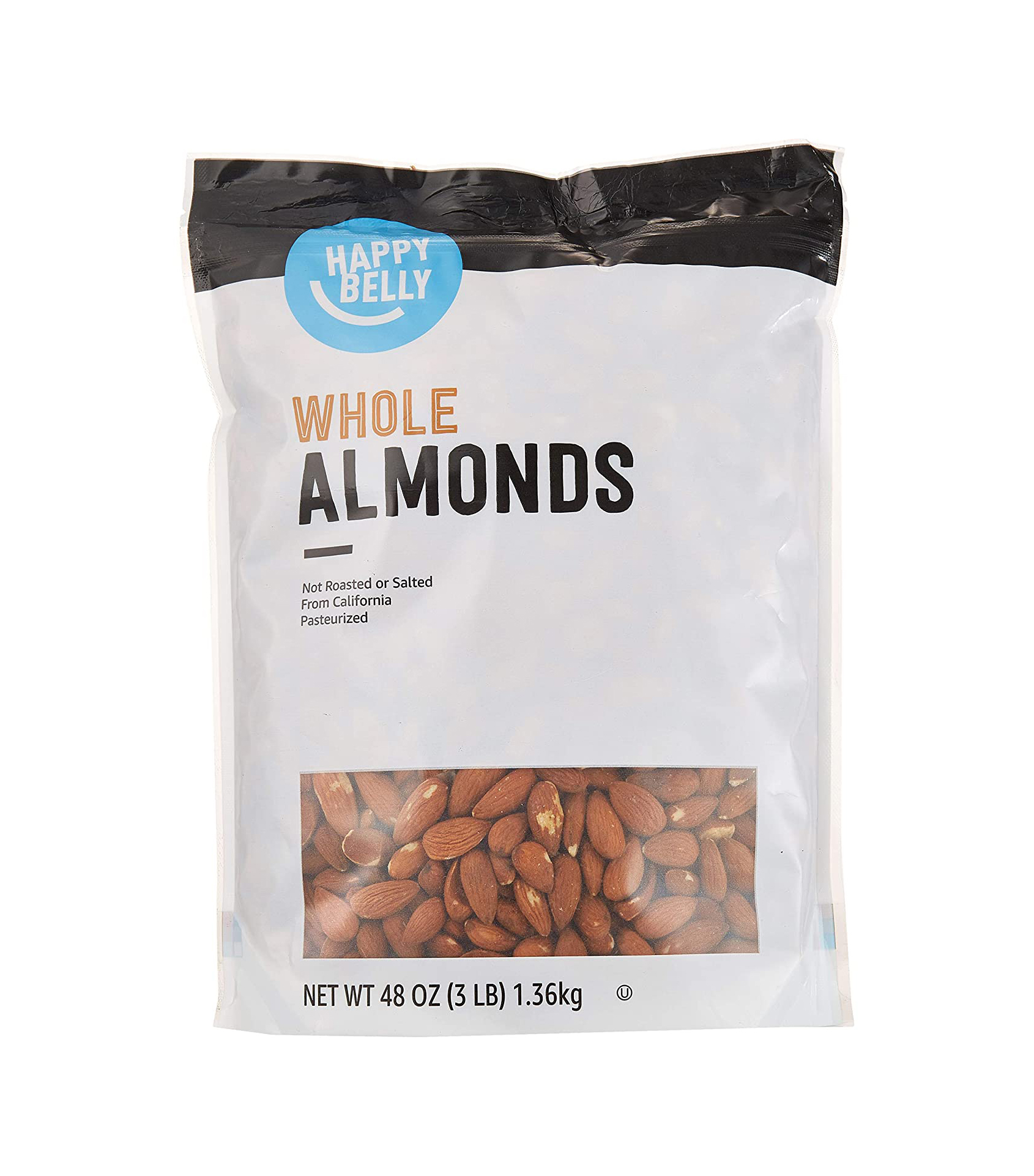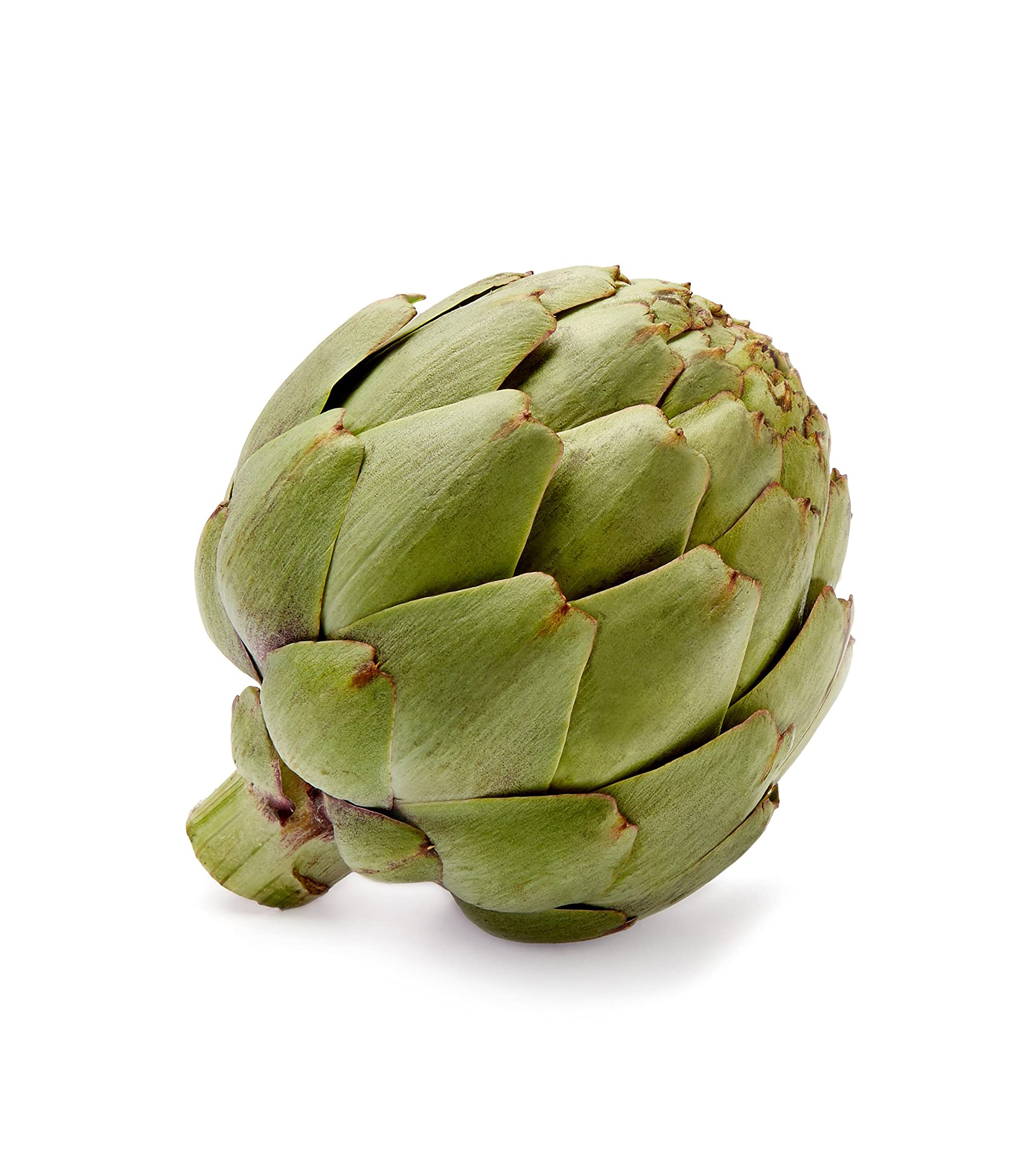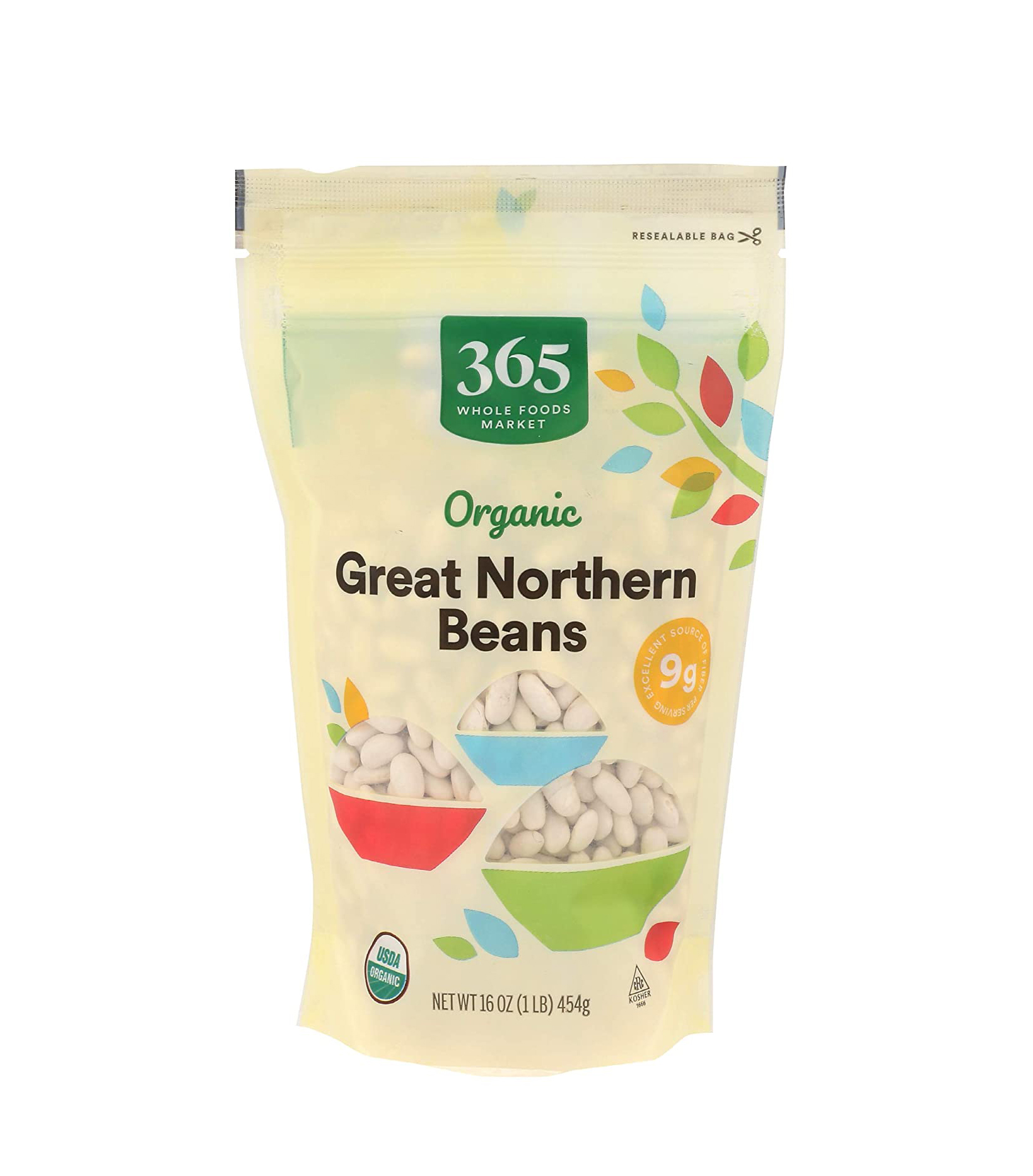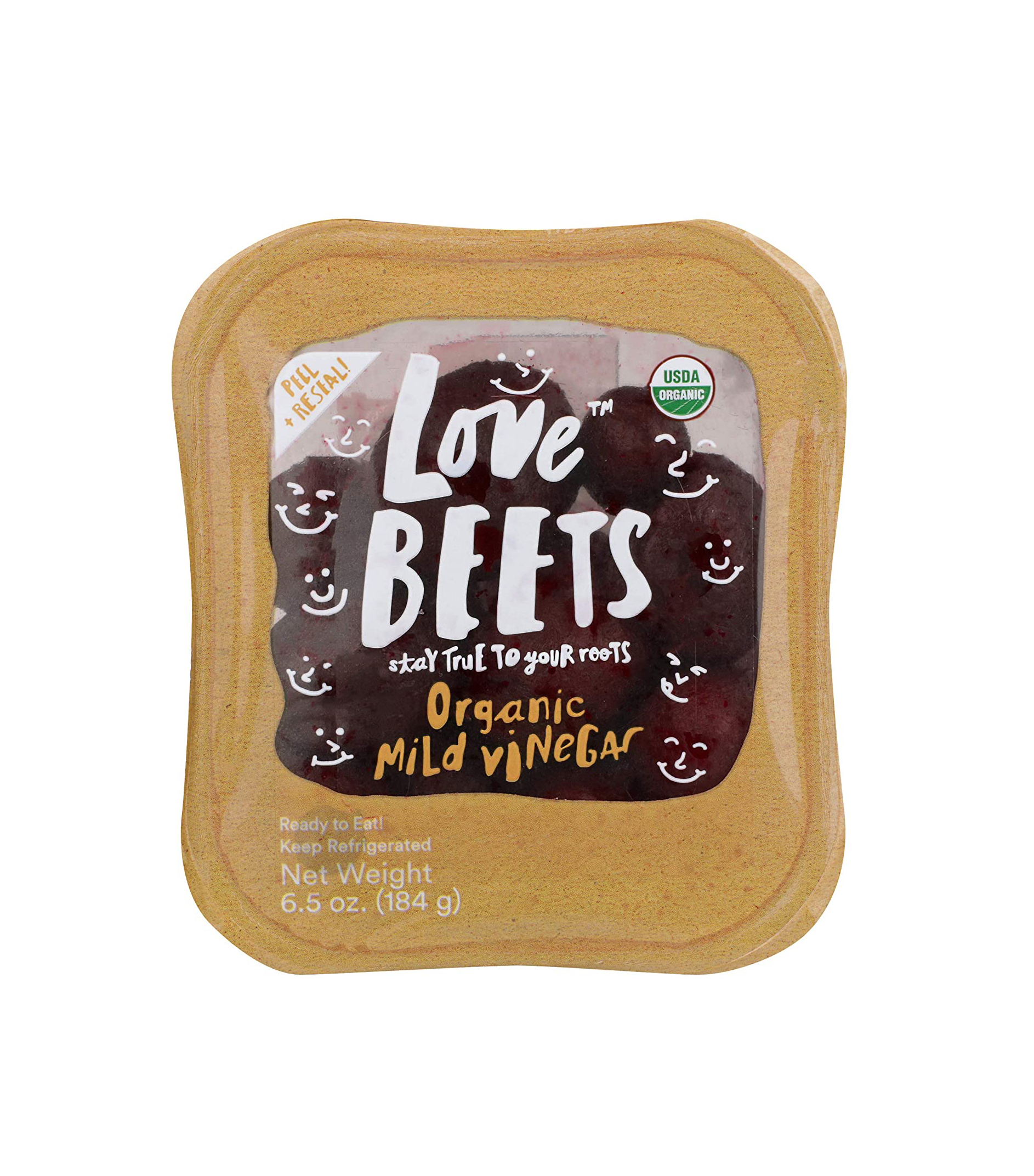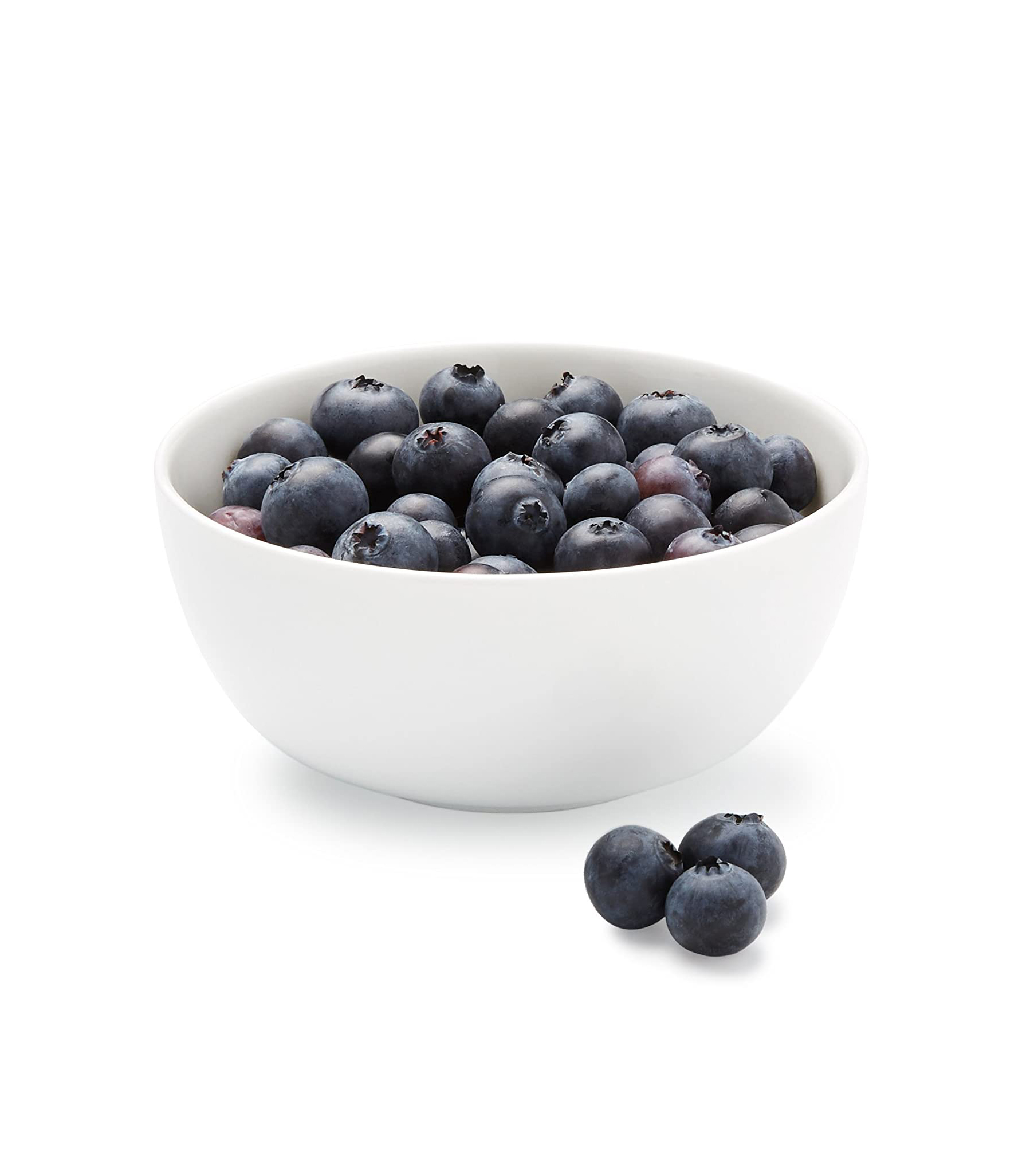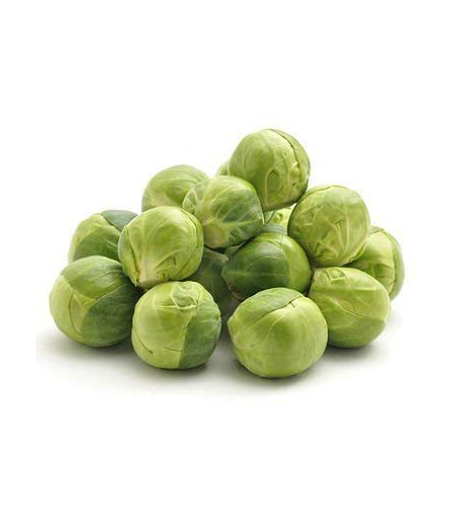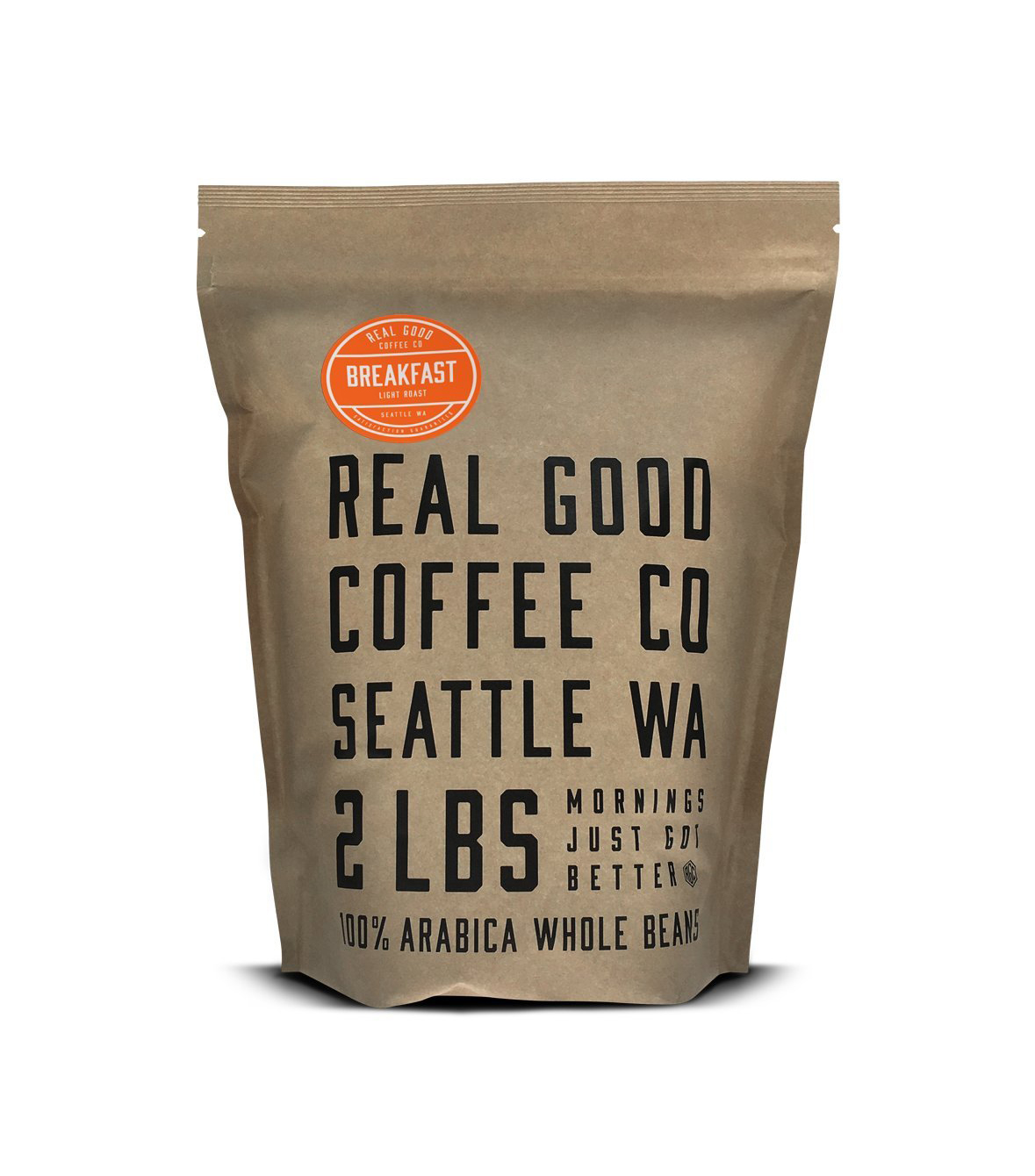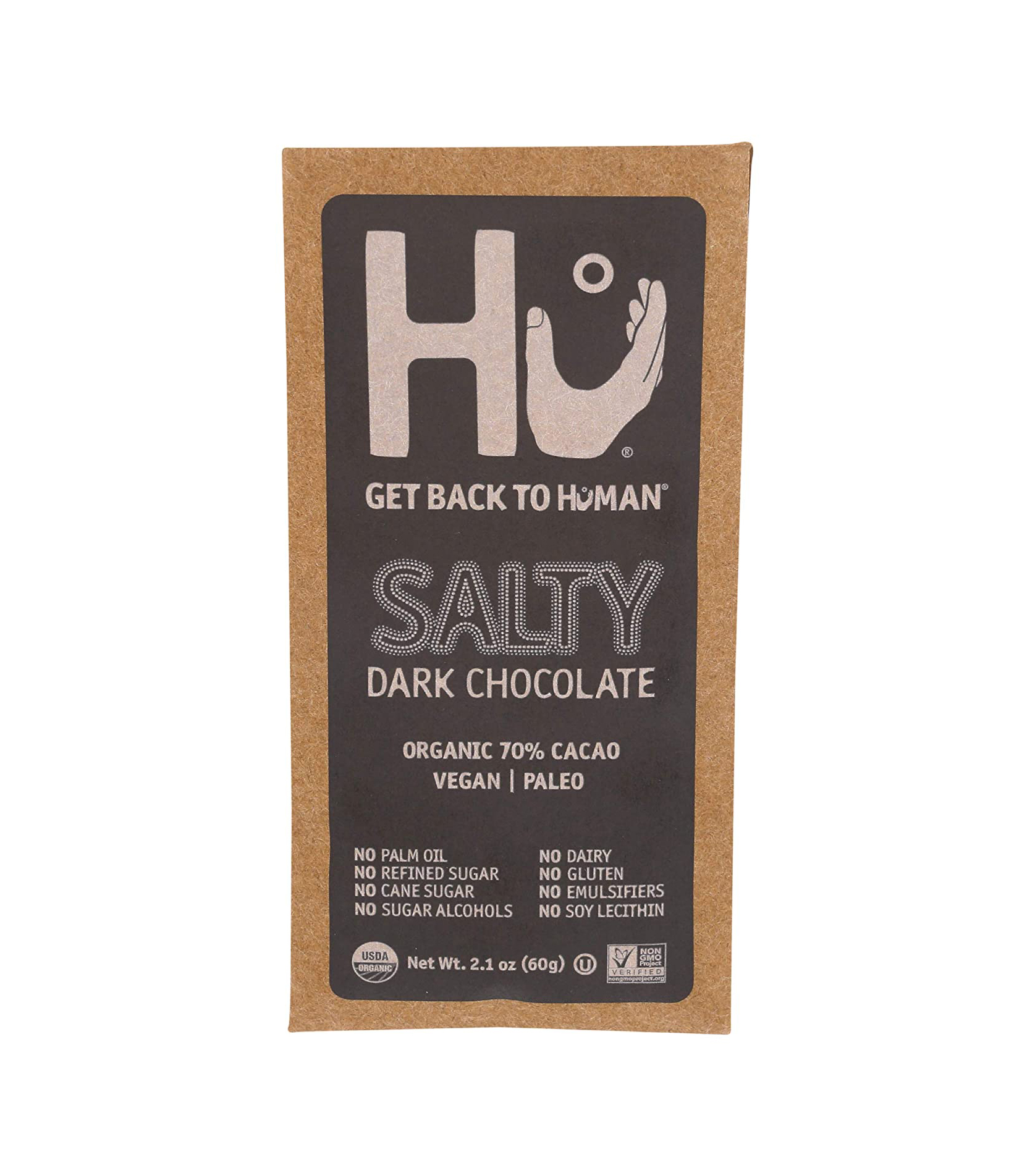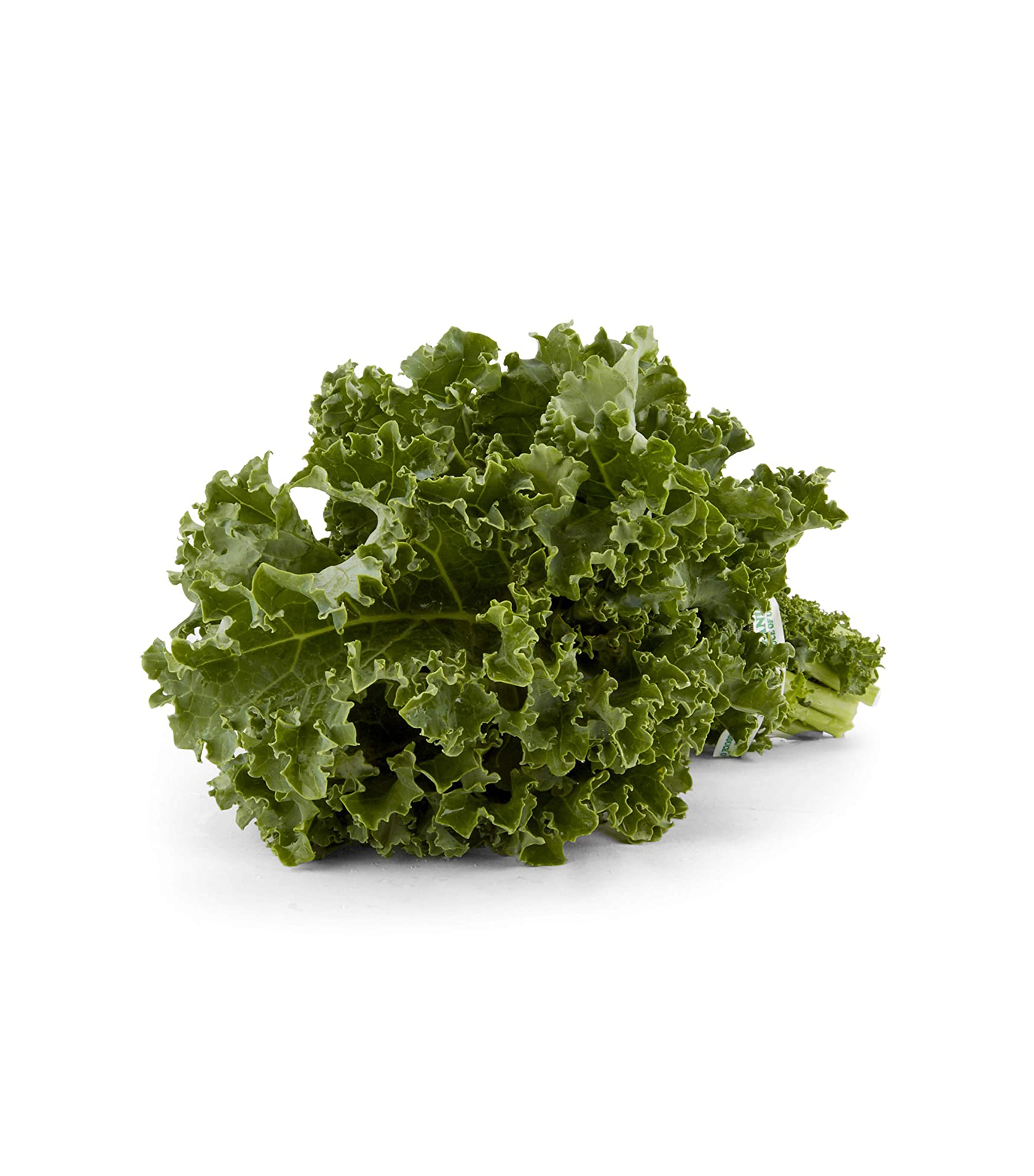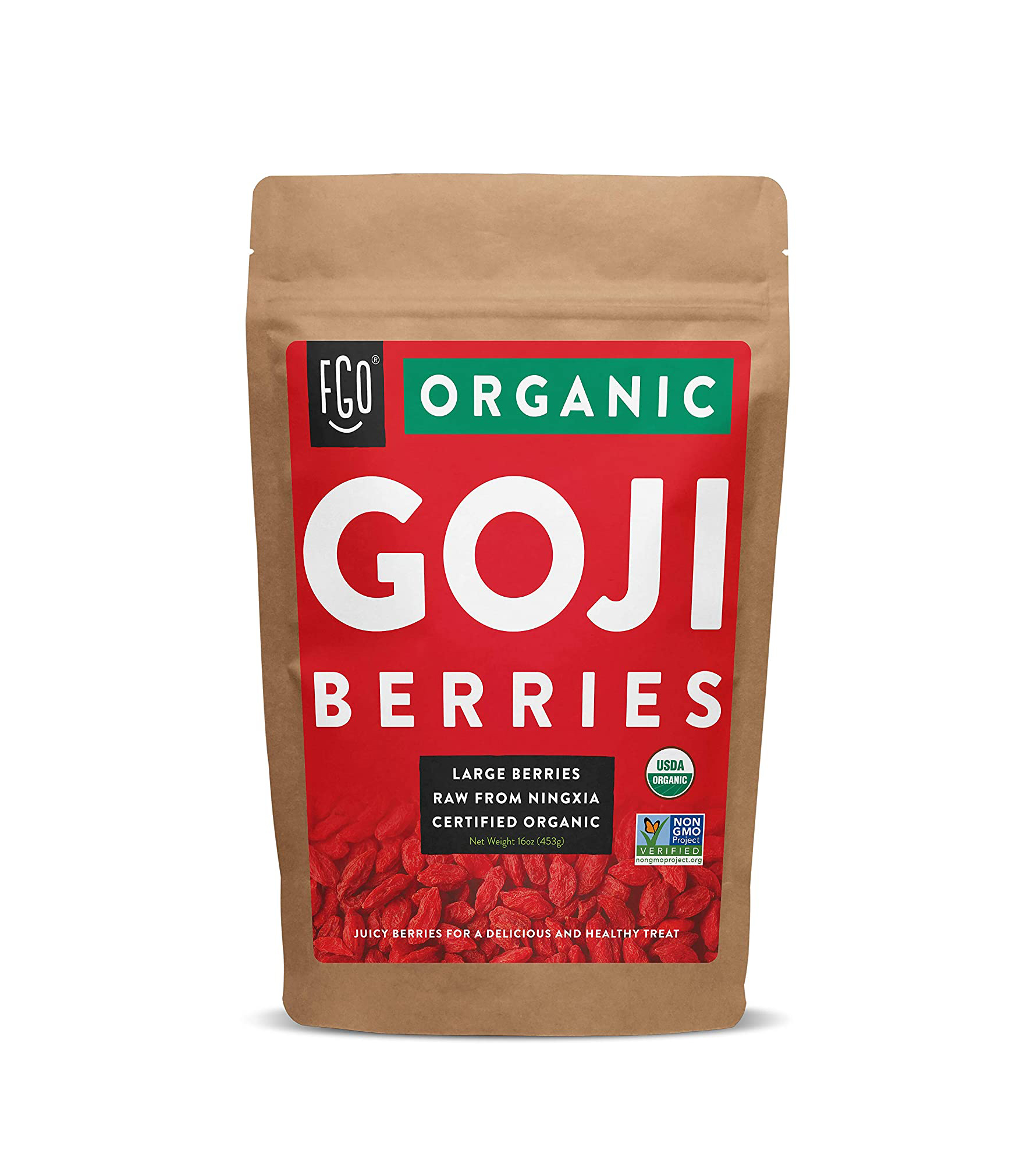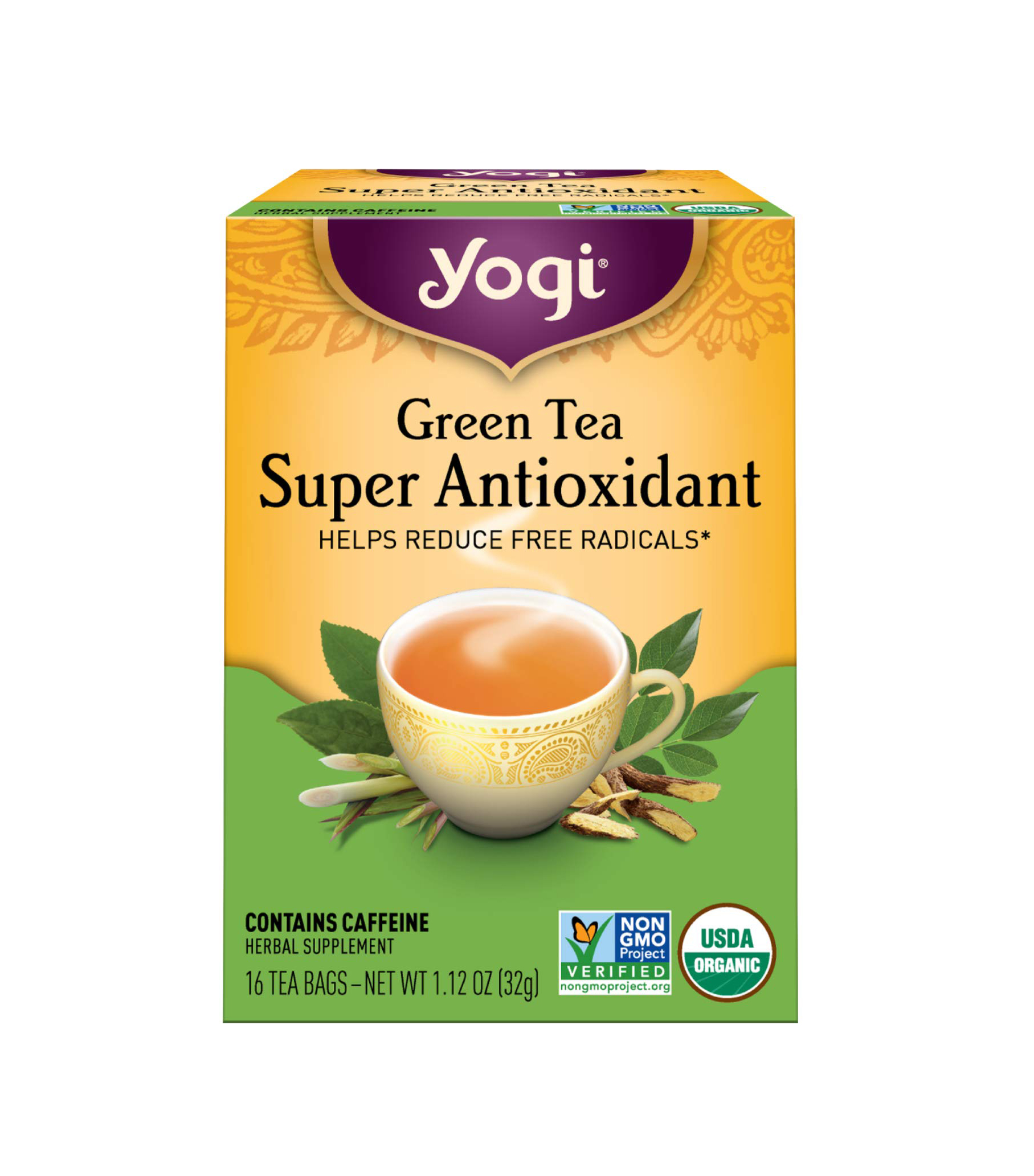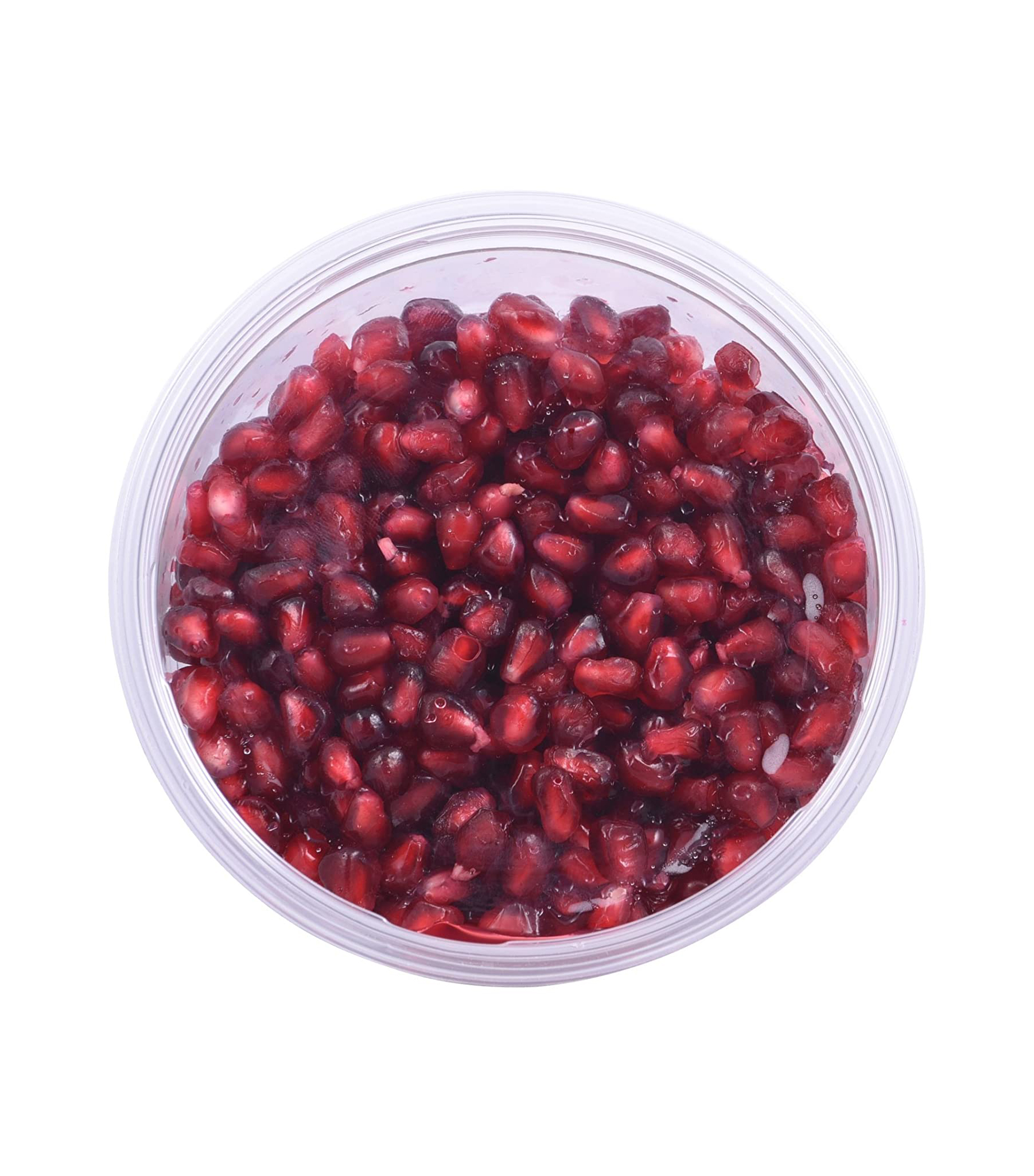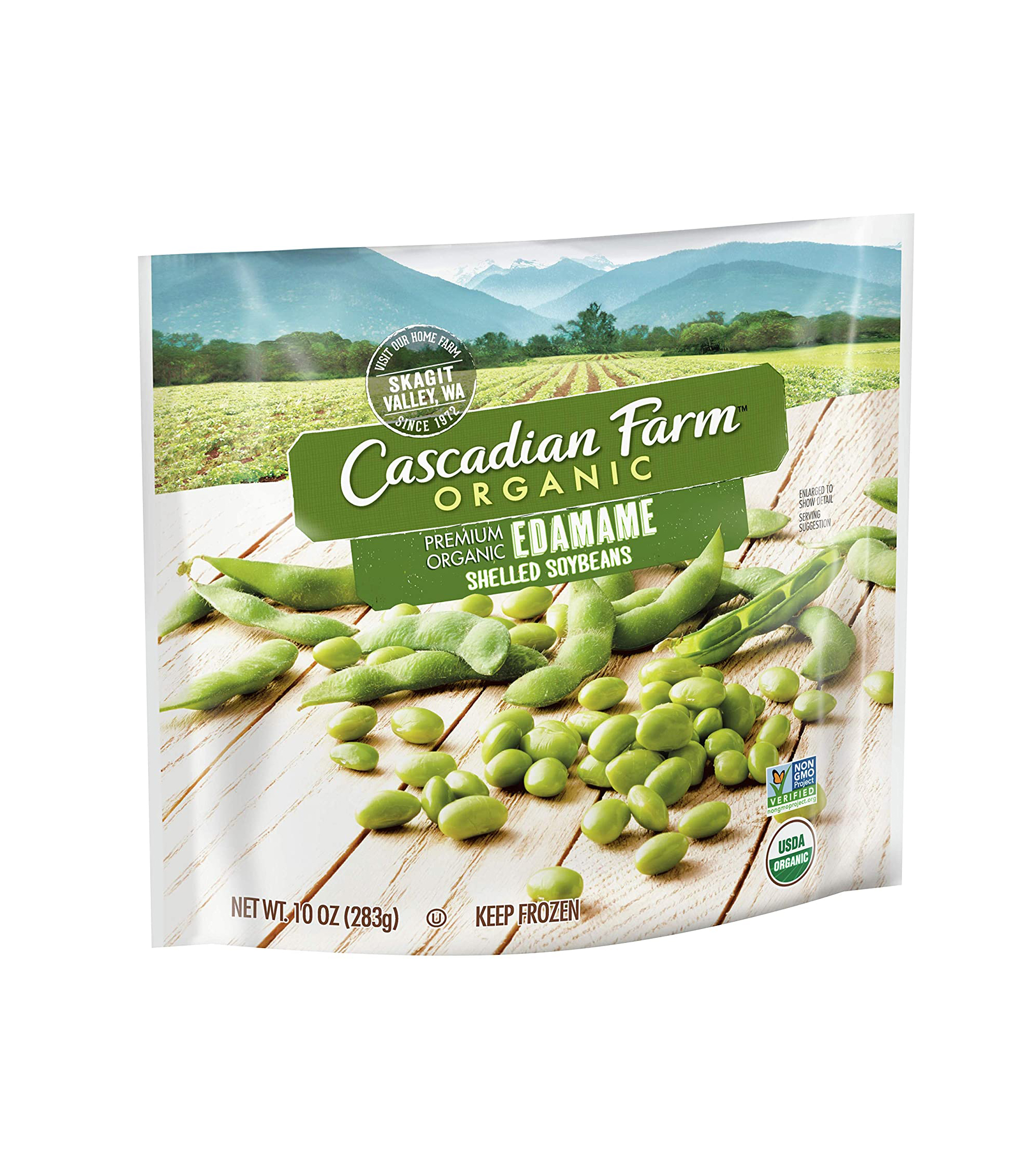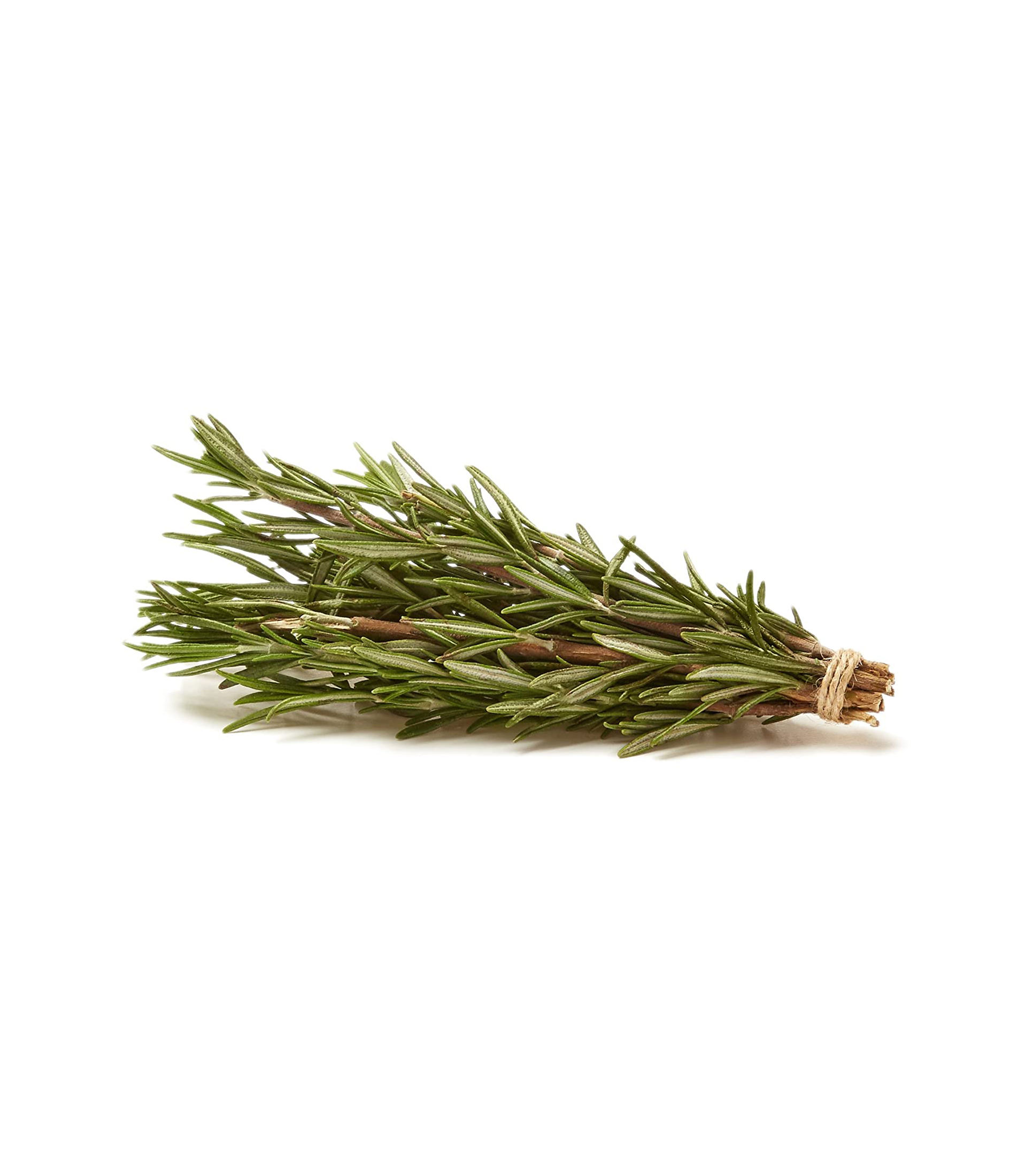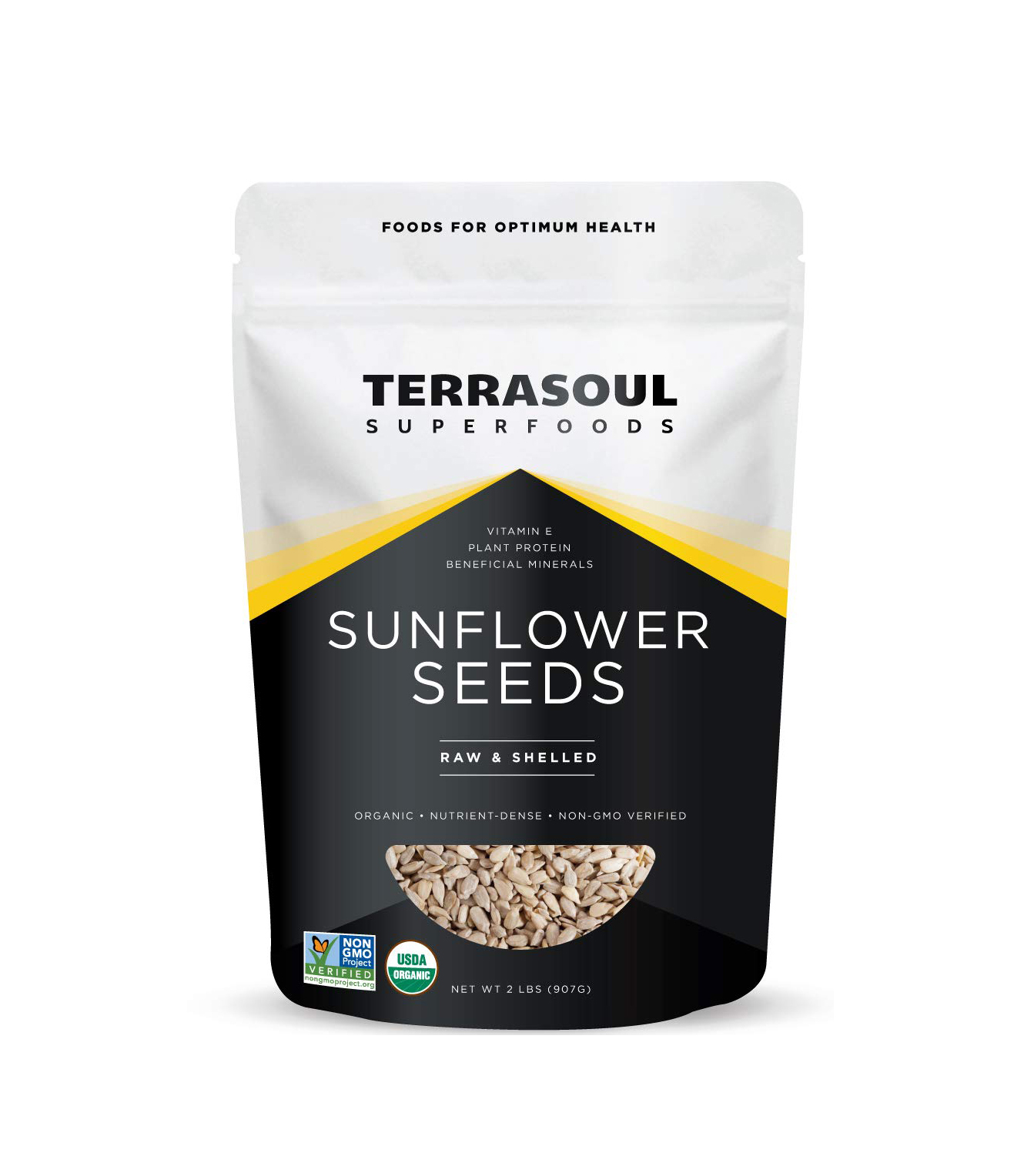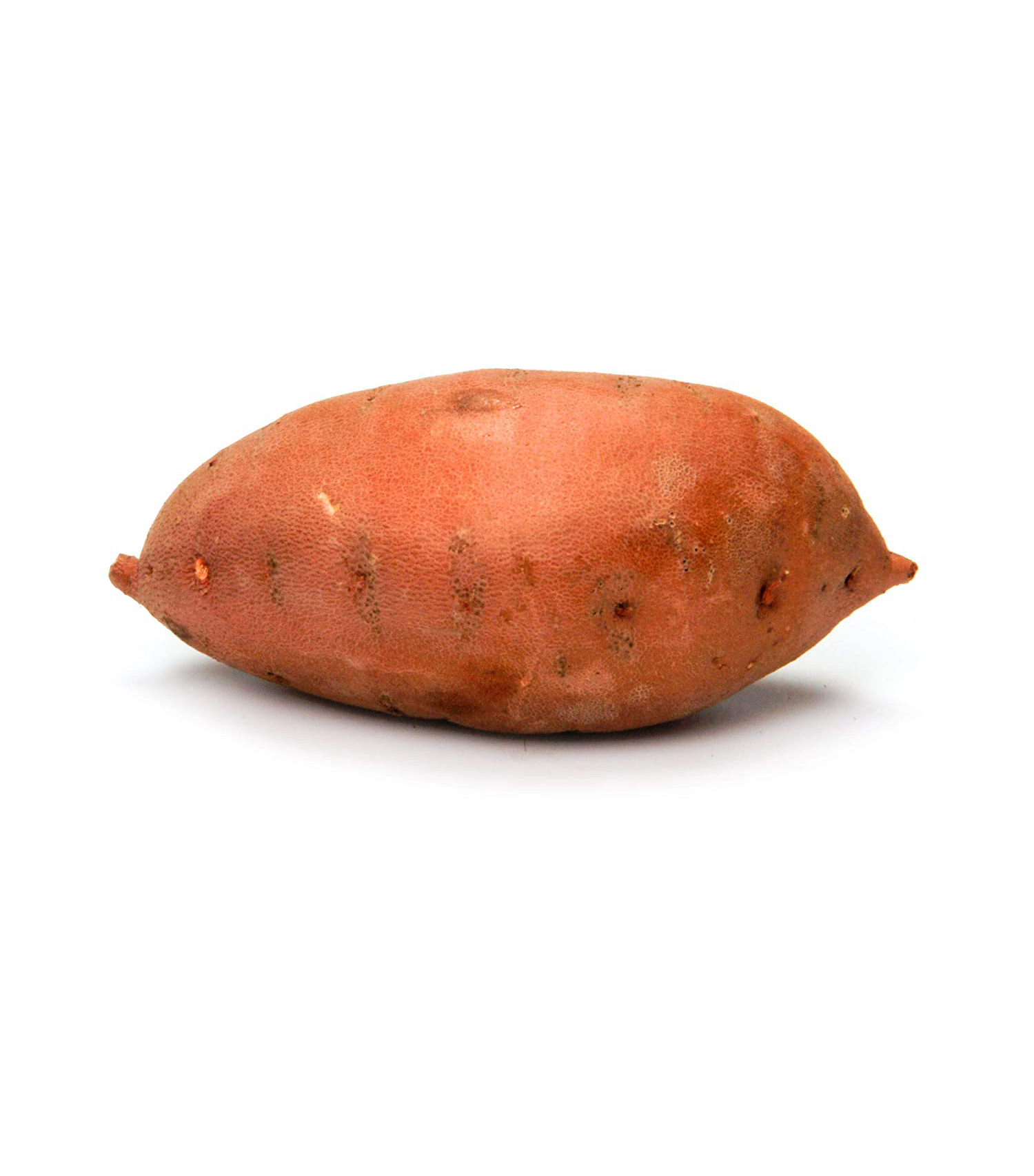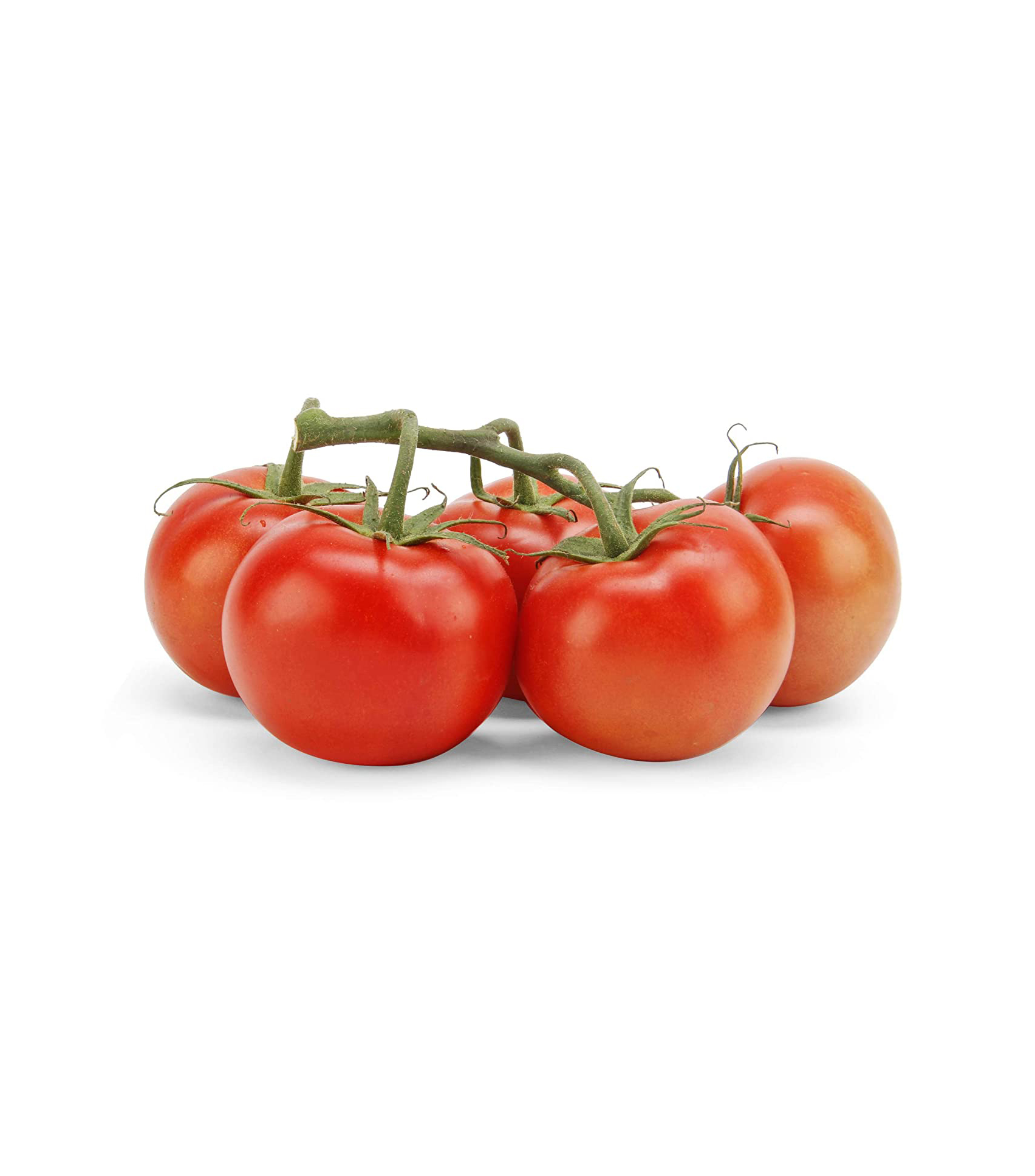These 17 Powerhouse Foods Will Protect Your Whole Body
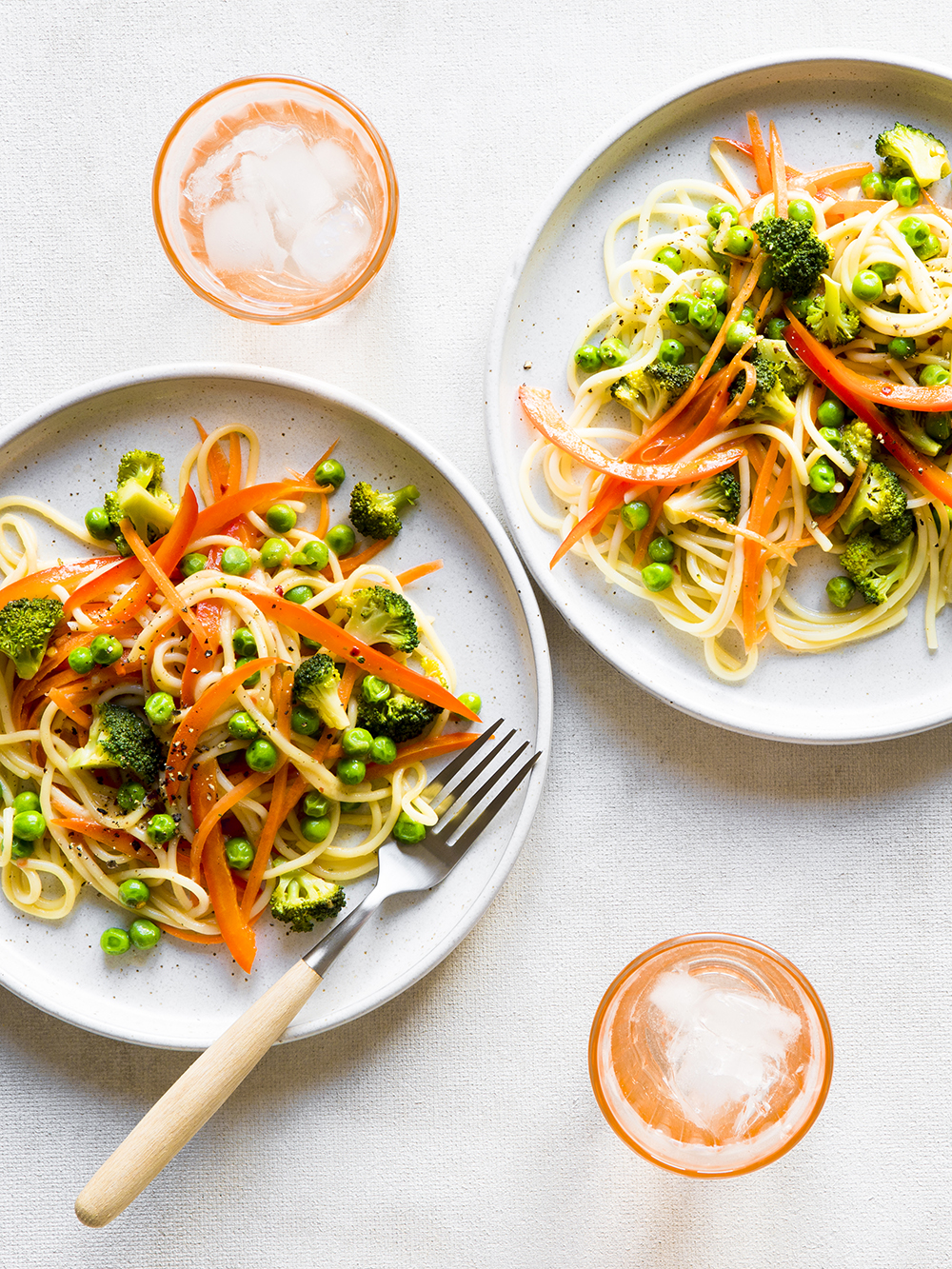
You probably know the term antioxidants and that they're good for you. These powerhouse compounds found in food offer so much protection. "Our body produces free radicals, which are unpaired electrons that can interact with and cause damage to our cells and our DNA," explains Sarah Rueven, MS, RDN, CDN, founder of Rooted Wellness. "While our body makes free radicals naturally, certain environmental exposures can exacerbate their production, such as smoking cigarettes, excess alcohol intake, exposure to environmental toxins, and consumption of processed meats. But when they do occur, antioxidants come to the rescue! Antioxidants work by donating an electron to these free radicals, making them stable and, in turn, protecting our cells from damage. Think of antioxidants as the defenders of our cells."
There are so many benefits of antioxidants. Oxidative stress happens when we have too many free radicals, which can increase our cells' risk of damage. This in turn may make you more susceptible to health issues like inflammatory diseases, atherosclerosis and heart disease, cognitive decline, and even cancer. "While it is impossible to eliminate all free radicals from our body, making sure we have enough antioxidants is key to keeping everything in balance and lowering our disease risk," Rueven says. "Antioxidants also play a key role in DNA repair and thus aging."
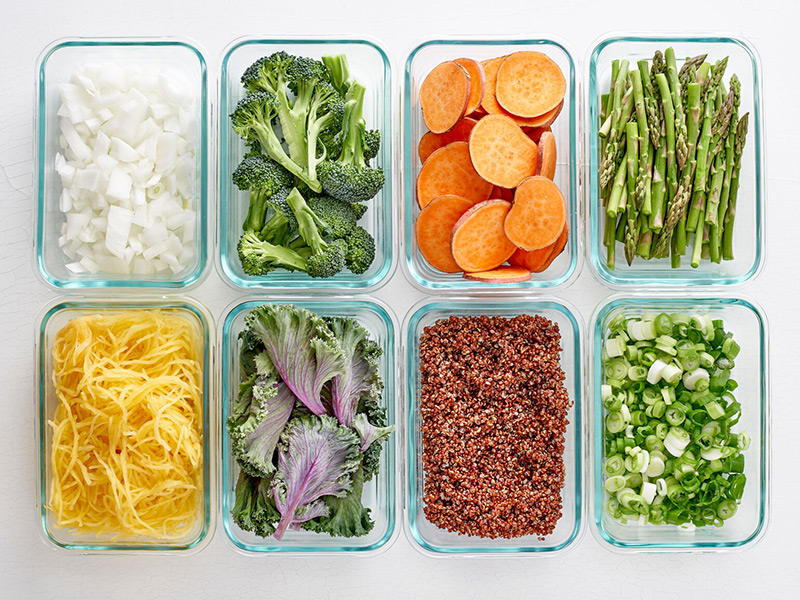
So where can you find these antioxidants? Kathleen Frasco, Thistle's in-house dietitian, says there are hundreds, maybe even thousands, of substances with antioxidative properties, and each plays a unique role in protecting against free radicals. "The primary antioxidants are vitamin A (B-carotene), vitamin C (ascorbic acid), and vitamin E (alpha-tocopherol)," Frasco says. "Other notable antioxidants are selenium and manganese. Phytochemicals, or plant chemicals, contribute to a plant's color, texture, and taste and are responsible for the antioxidative properties found in fruits, vegetables, whole grains, nuts, seeds, and legumes. The most notable phytochemical antioxidants are anthocyanin (purple/blue), lycopene (red/pink), carotene (orange/yellow), and chlorophyll (green)."
And if you need to know one thing about foods high in antioxidants, it's this: The more vibrant the fruit or vegetable, the higher the antioxidant content. And the best news is that many of the foods that are rich in antioxidants are also rich in other micronutrients that can help support our health, adds Yasi Ansari, MS, RD, CSSD, a national spokesperson for the Academy of Nutrition and Dietetics. "Each antioxidant has a unique property and may play a slightly different role in the body, which is why it's so important to have a varied diet!" she adds.
There are no set guidelines for how many antioxidants you should consume daily; it's all about just making sure your diet is balanced and you're eating whole foods. "Rather than focusing on a specific number, the best way to consistently achieve your recommended antioxidant daily intake is to eat a varied diet and ensure the majority of your plate consists of vibrantly colored plants. Eat the rainbow!" Frasco says. "It's one of our common refrains as we develop our meals at Thistle!"
And if you're looking for some ideas for foods to add to your diet, take a look at these below, which are all rich in antioxidants.
1. Almonds
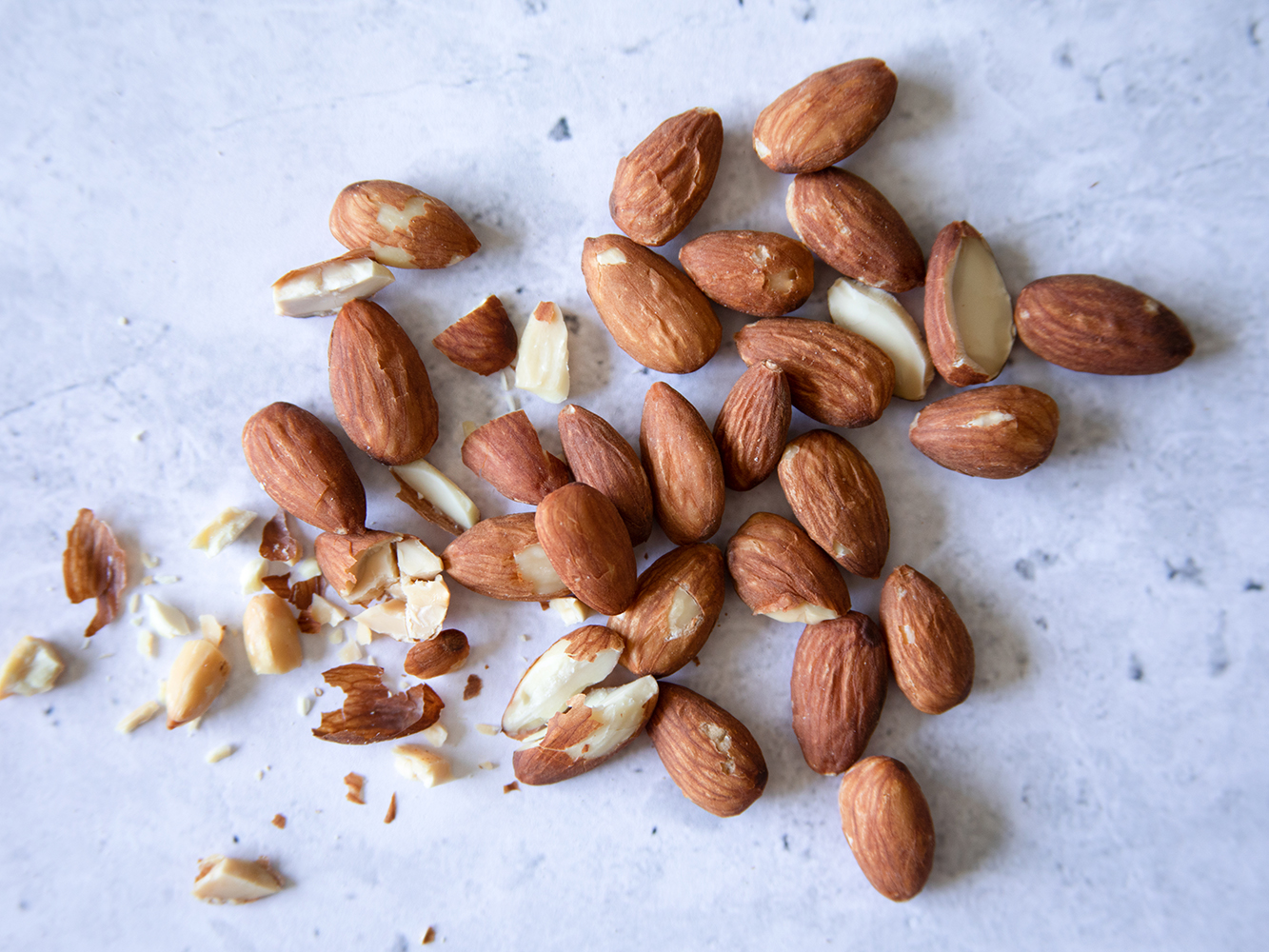
Frasco says almonds are packed with the antioxidant vitamin E. They're also a source of protein, fiber, and healthy fats.
2. Artichokes
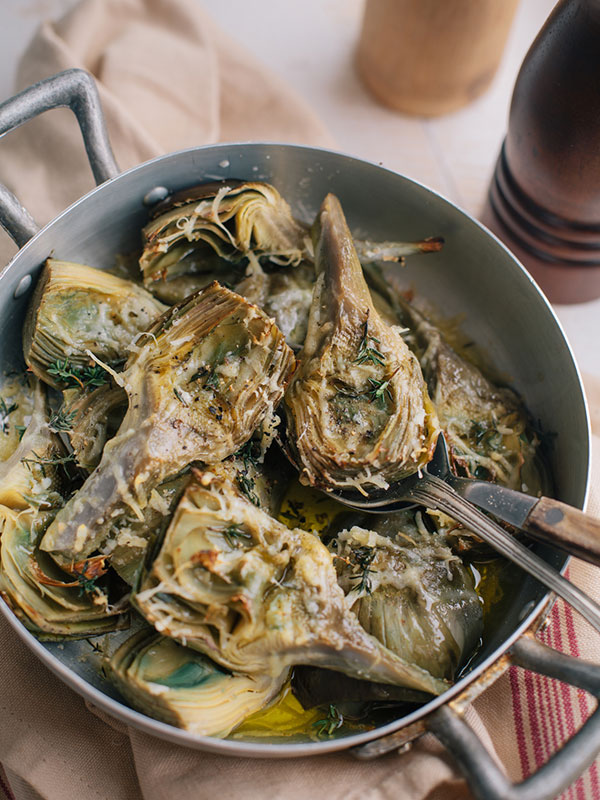
"Artichokes are one of the richest sources of antioxidants," Rueven says. "Studies have shown that artichokes may have an anti-cancer effect thanks to an abundance of antioxidants like rutin, quercetin, and gallic acid."
3. Beans
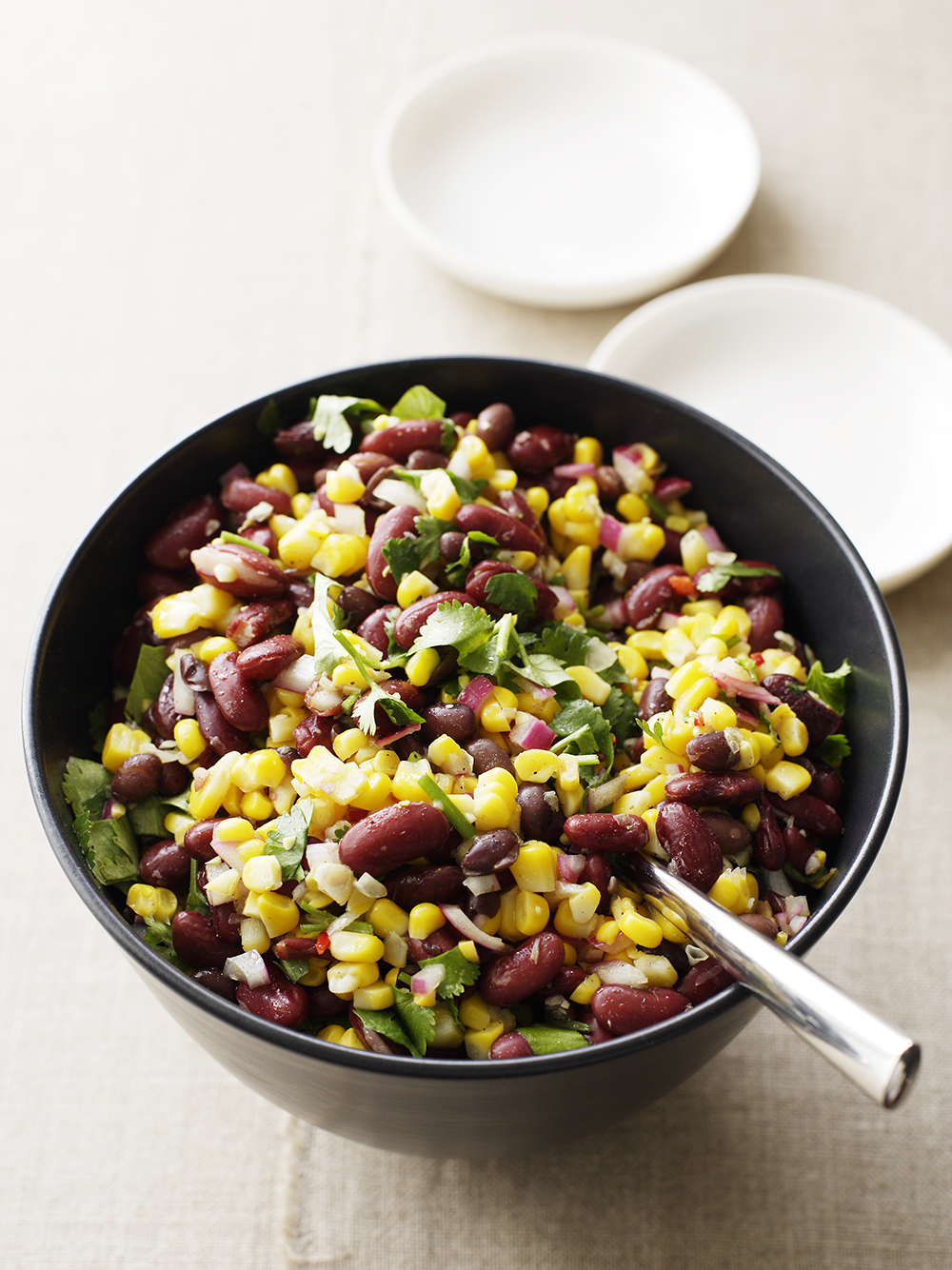
Ansari says beans are rich in kaempferol, which is a flavonoid associated with reduced inflammation and lowering chronic disease risk.
4. Beets
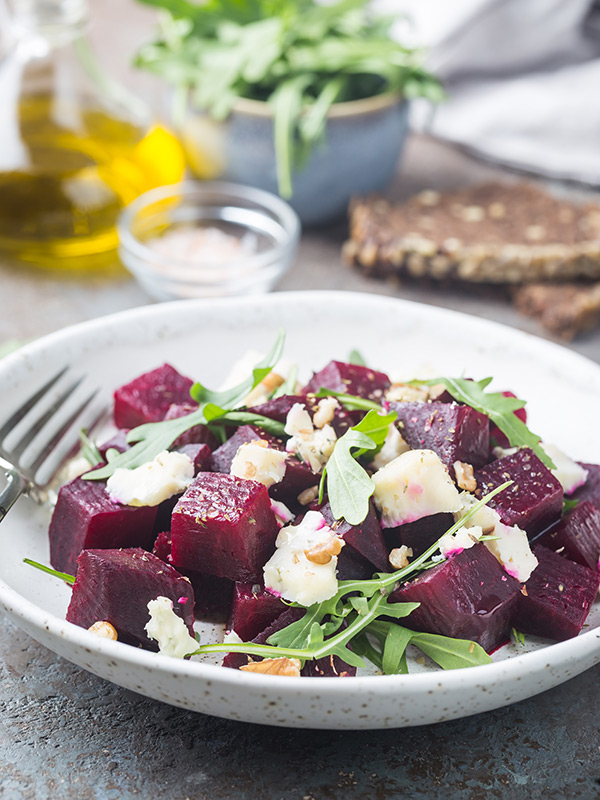
Frasco says beets contain anthocyanins, which is a phytonutrient that has been found to have anti-inflammatory and anti-carcinogenic (cancer-causing) properties.
5. Berries
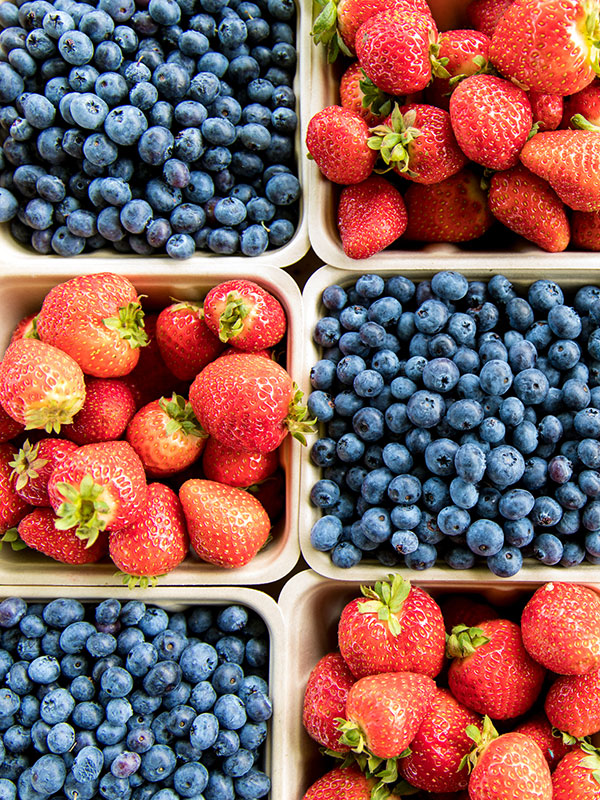
"Research has shown that berries have the highest antioxidant activity of the most popular and most frequently consumed fruits," Rueven says. "While all berries are a great choice, wild blueberries are an exceptional source of antioxidants. Wild blueberries have 33% more anthocyanin than conventionally grown blueberries."
Ansari adds that strawberries are high in vitamin C, which are antioxidants that can help protect DNA, decrease inflammatory markers in the body, protect against aging, and prevent the risk of cancer. Strawberries can also reduce the risk of heart disease.
6. Brussels Sprouts
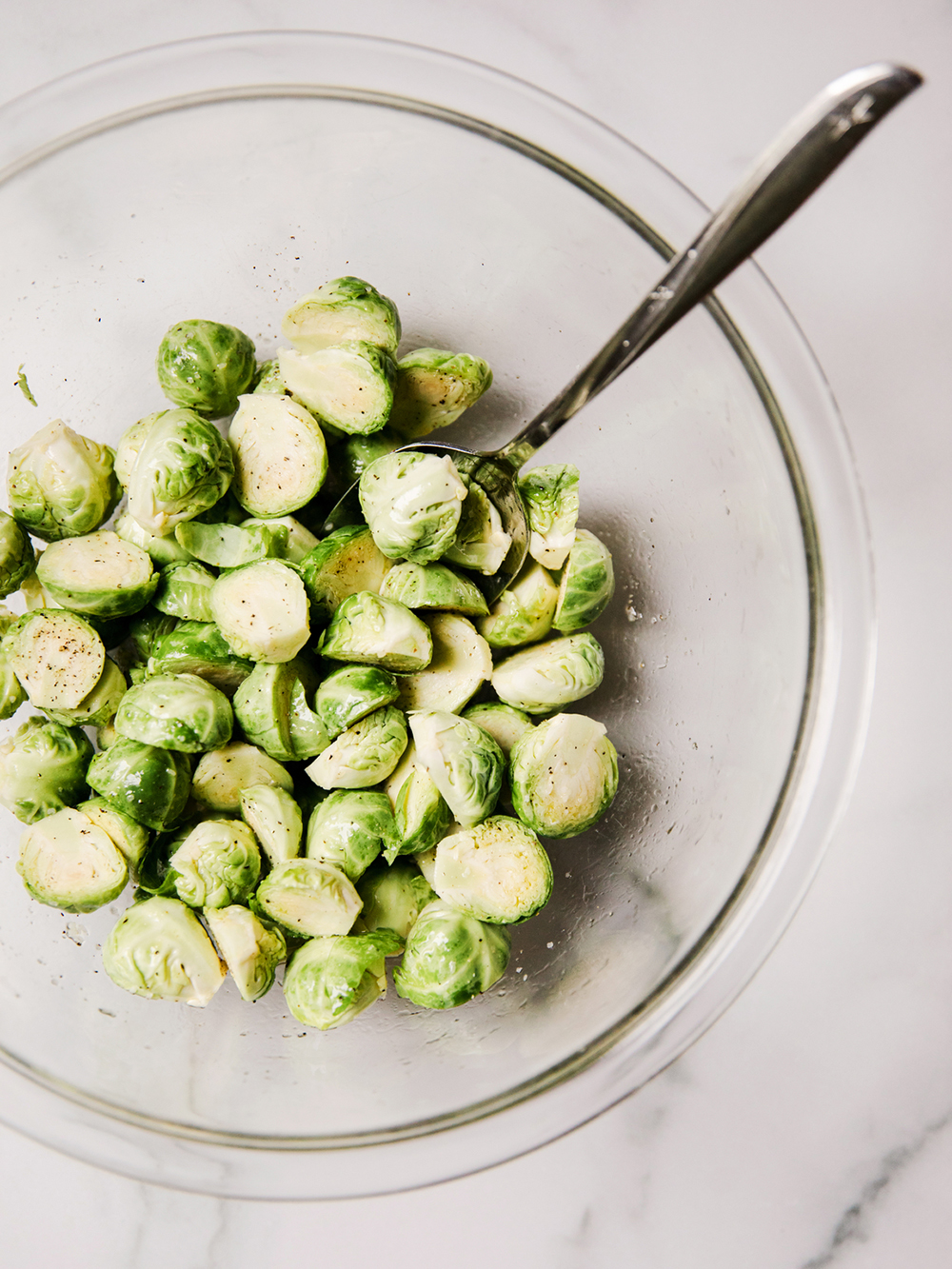
"Brussels sprouts are rich in carotenoids, plant pigments with antioxidant activity," Rueven explains. "Studies have shown that carotenoids may reduce the risk for atherosclerosis (a buildup of plaque in the arteries) and prevent skin cancer."
7. Coffee

This is good news if you can't live without your morning cup. Ansari says coffee is rich in polyphenols and hydrocinnamic acids. "No, this doesn't mean drink all the coffee you want!" she says. "Do so in moderation on a daily basis. Coffee's health benefits have been linked to its antioxidant activity. Moderate consumption of coffee can help reduce the risk of certain chronic diseases and help protect the brain."
8. Dark Chocolate
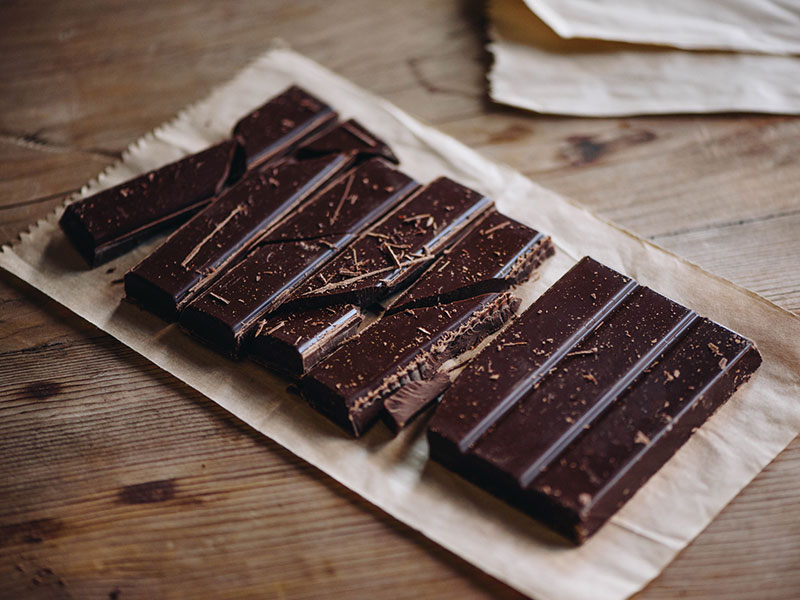
Here's another food that won't be too hard to add to your diet! Dark chocolate contains flavonols and polyphenols. Ansari says the higher the cocoa content, generally there are more antioxidants.
9. Dark Leafy Greens
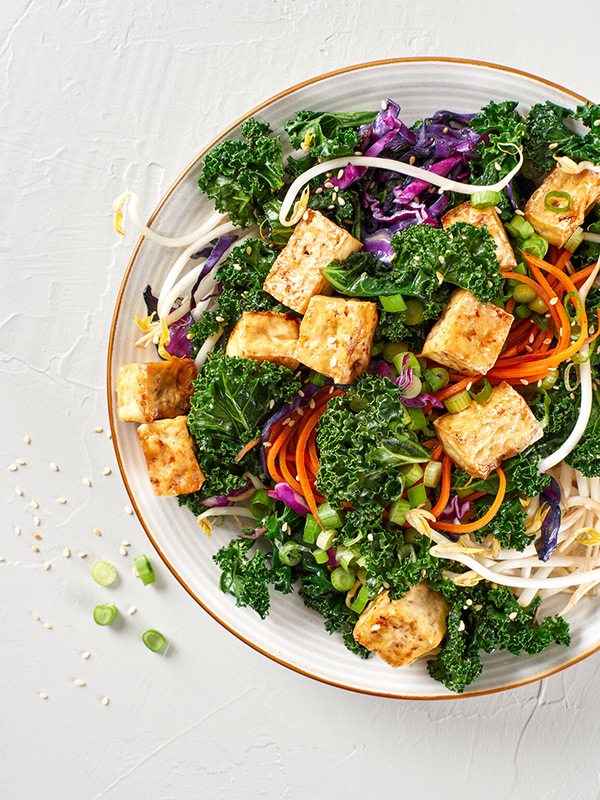
Think vegetables like kale, bok choy, and spinach. "Dark leafy greens have so many benefits, including an abundance of antioxidants like carotenoids," Rueven says. "Aim to get in at least one serving of leafy greens per day."
10. Goji Berries
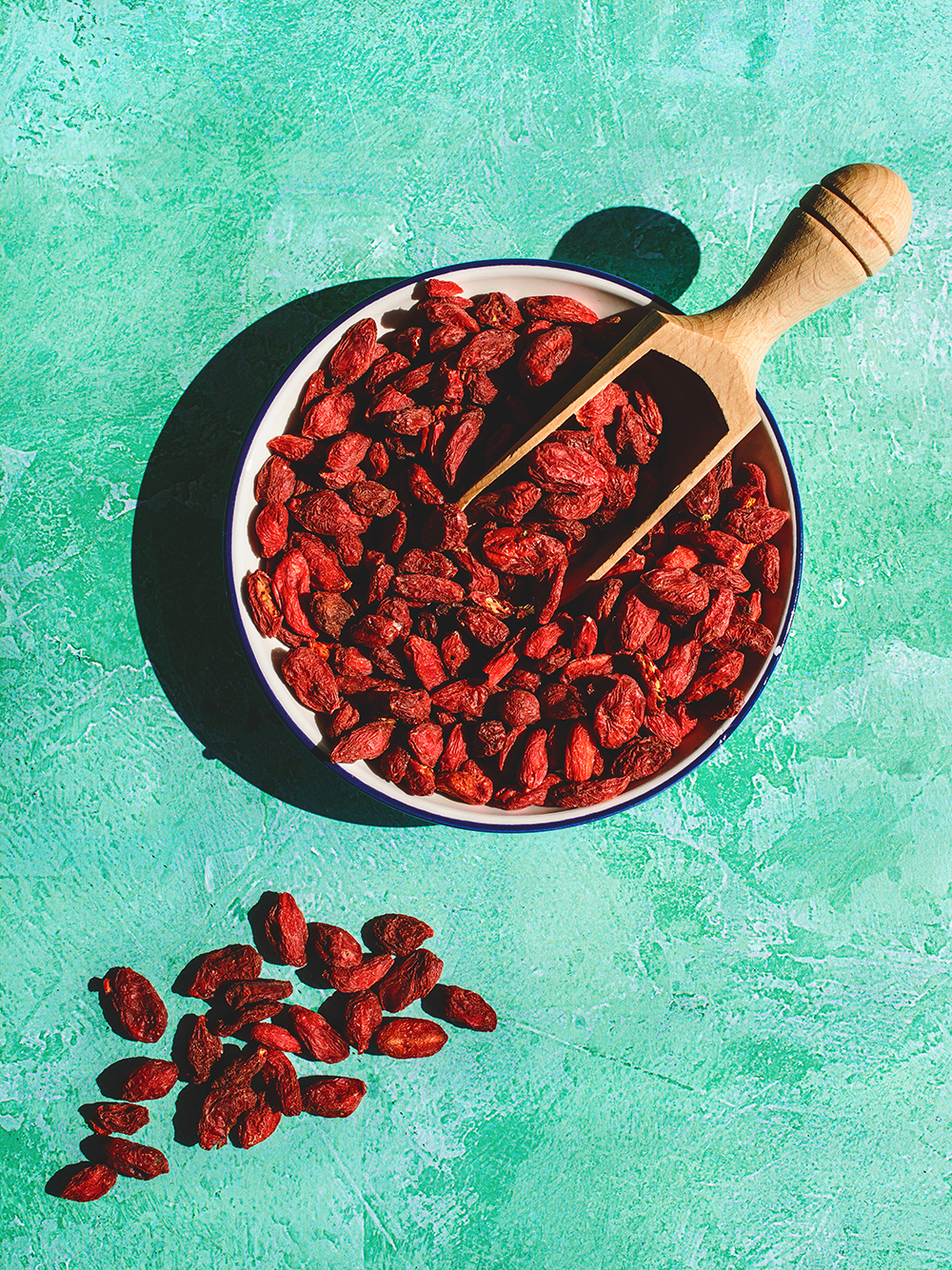
"Goji berries are small but mighty!" Rueven says. "They contain a powerful antioxidant called zeaxanthin, which also gives goji berries their bright color. Add goji berries to a trail mix or sprinkle some on top of your oatmeal or yogurt in the morning for an antioxidant boost."
11. Green Tea
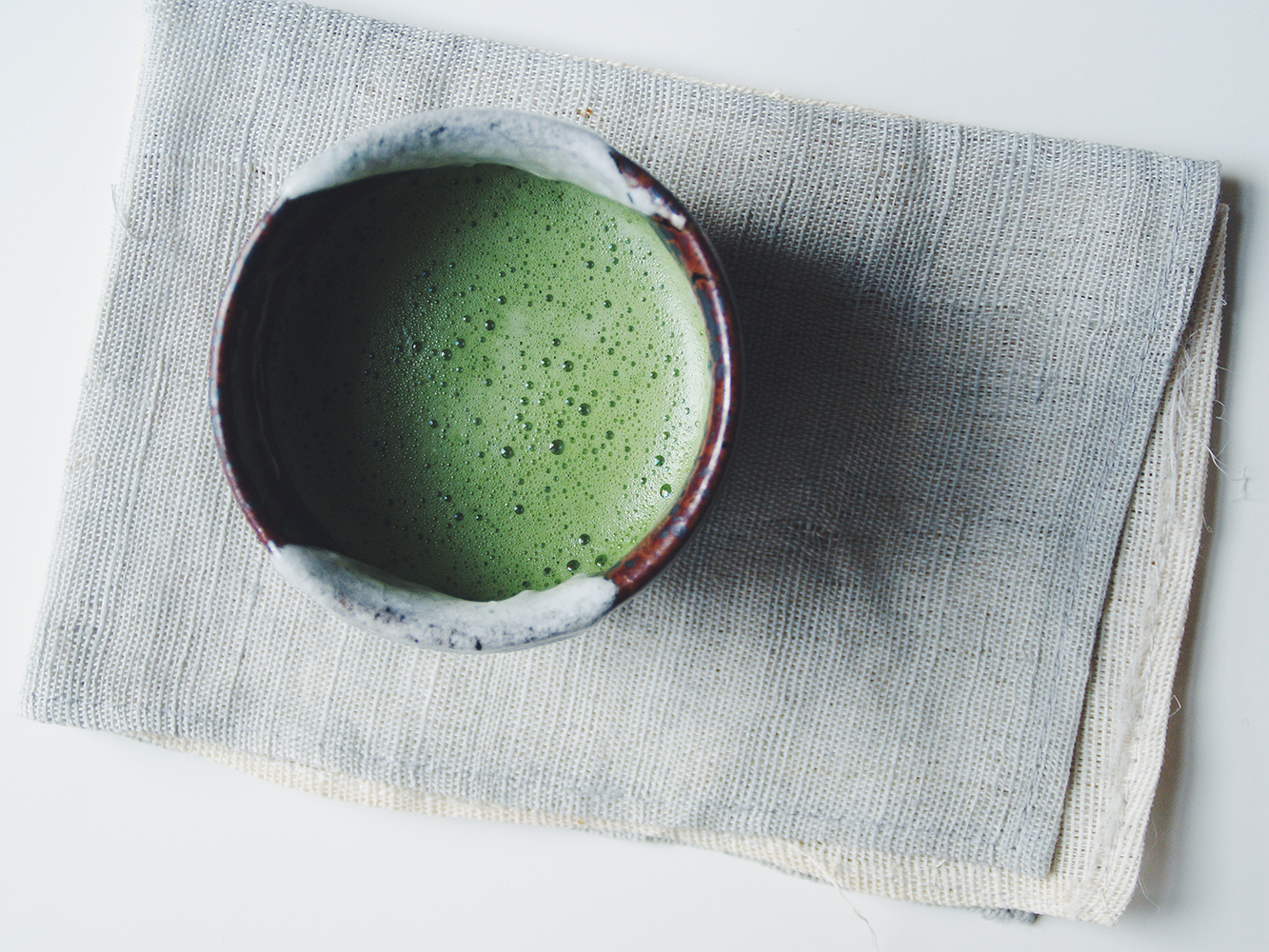
Green tea has flavonoids and catechins, which can help prevent cell damage and may help improve brain function, Ansari says.
12. Pomegranates
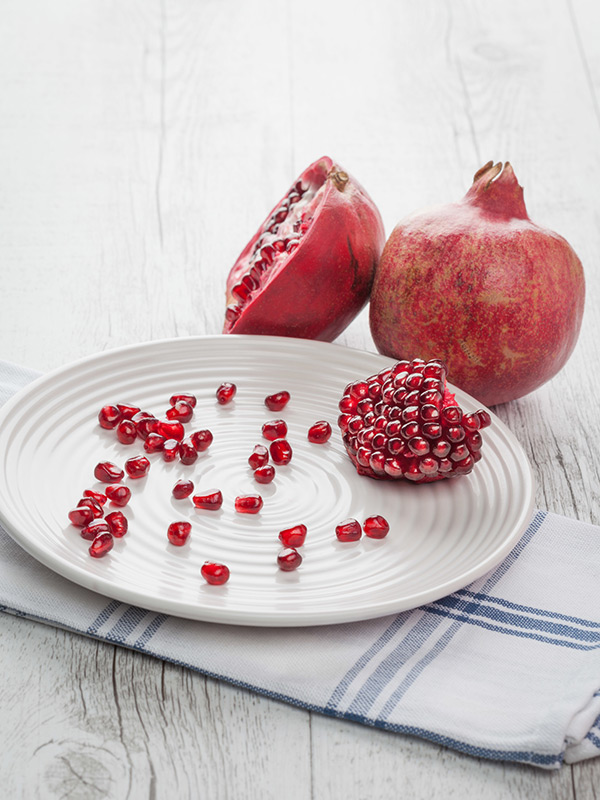
"Pomegranates are a rich source of polyphenols, a type of micronutrient that has powerful antioxidant activity," Rueven says. "Sprinkle pomegranate seeds on a green salad or a fruit salad or add them to your morning smoothie."
13. Soy Products
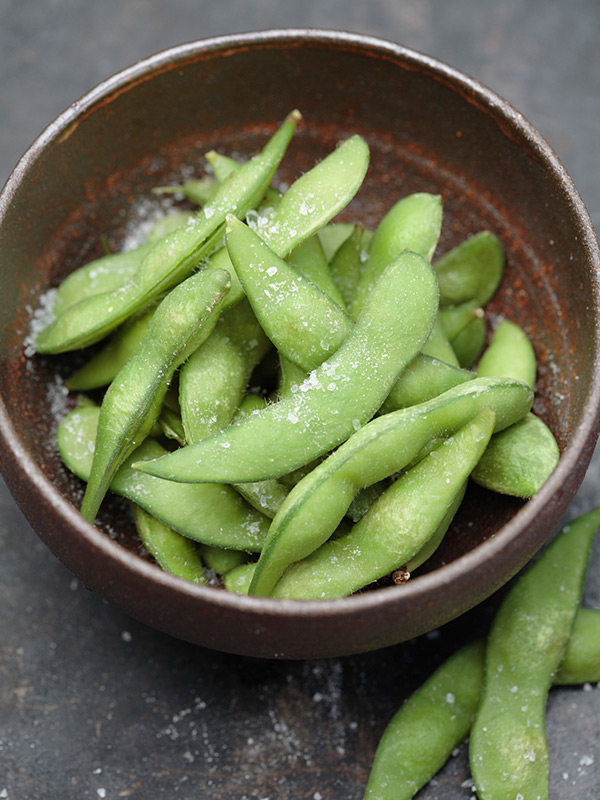
Edamame, soy milk, and tofu are all packed with antioxidants. "Research suggests that isoflavones are antioxidants that help reduce inflammation in the body and more!" Ansari says.
14. Spices and Herbs
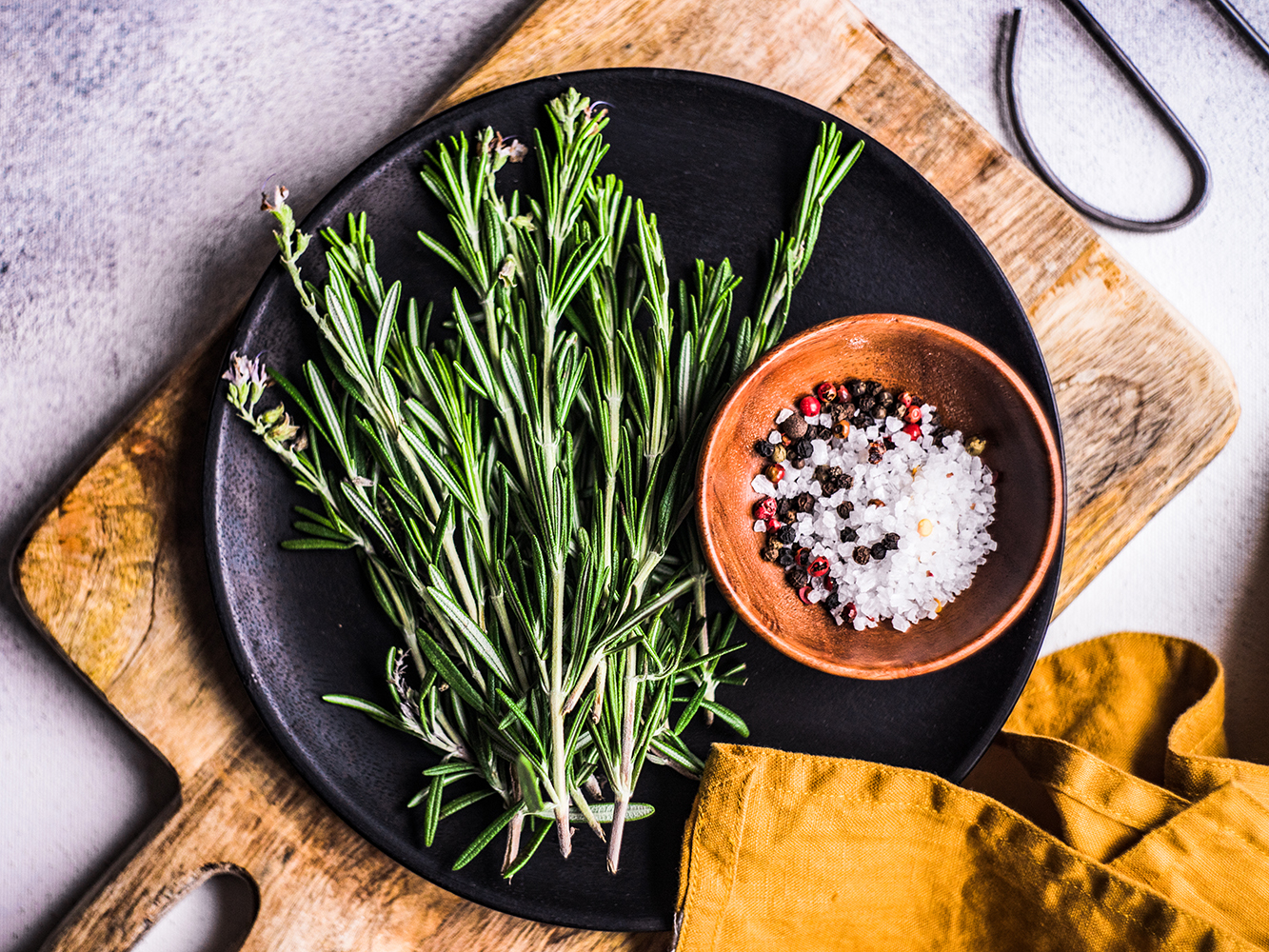
Ansari says herbs and spices like peppermint, saffron (kaempferol), and rosemary have antioxidants properties.
15. Sunflower Seeds
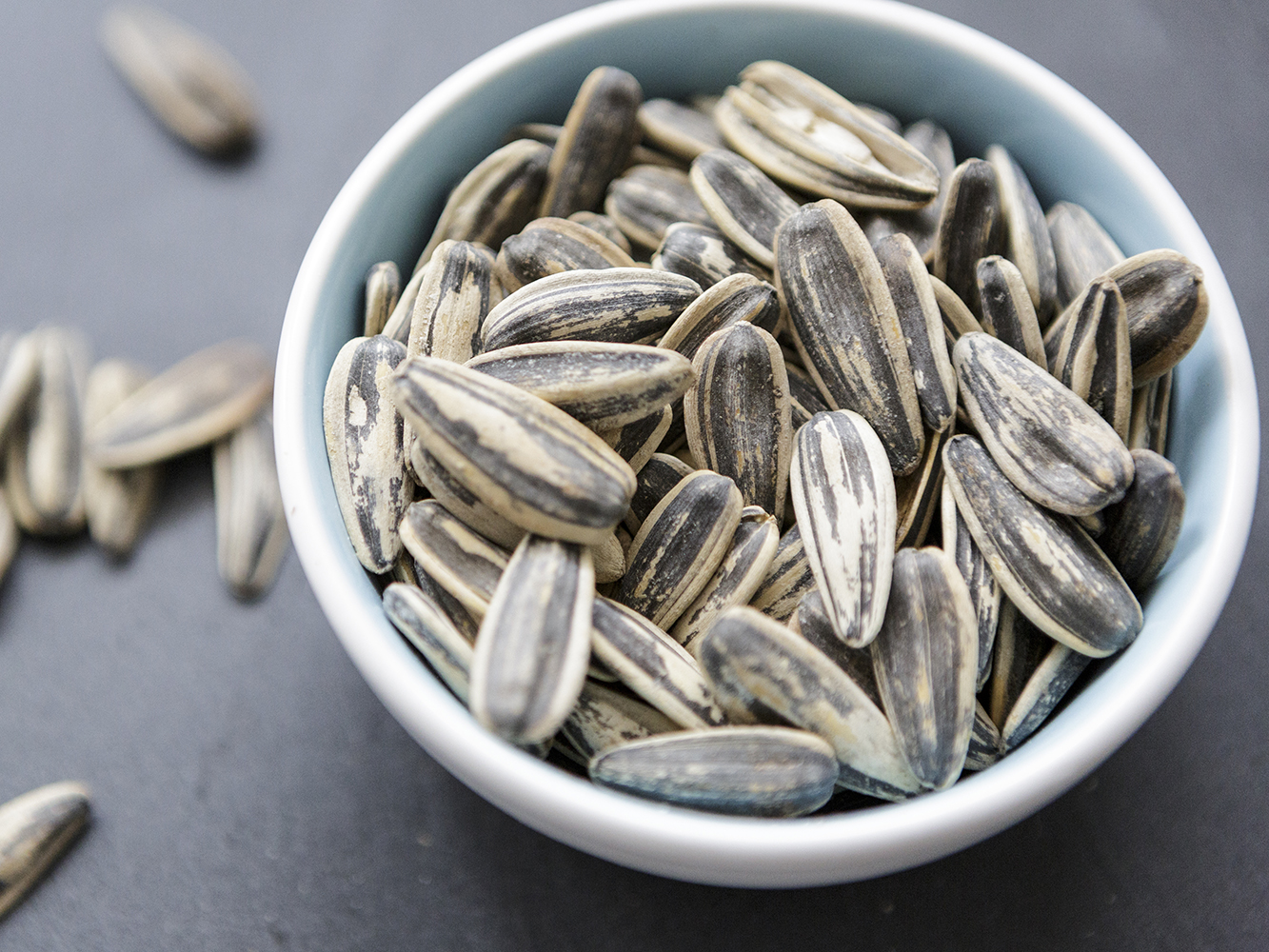
Frasco says sunflower seeds are rich in the antioxidant vitamin E, plus protein and fiber.
16. Sweet Potatoes
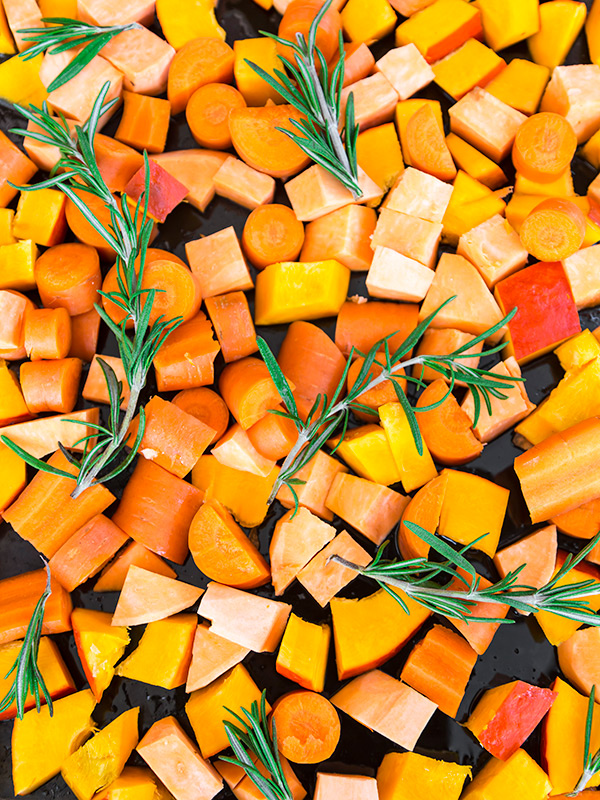
"Sweet potatoes are high in vitamins A and C, while also providing a good source of fiber and potassium," Ansari says. "Sweet potatoes can help support the immune system and maintain healthy skin and vision."
17. Tomatoes
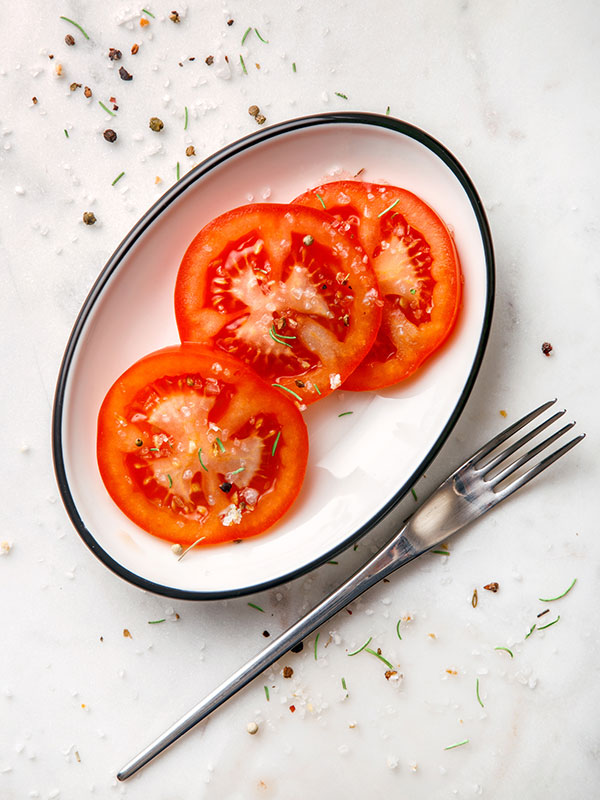
Tomatoes are rich in the antioxidant lycopene and vitamin C, Frasco says. They're also a source of fiber.
This article is provided for informational purposes only and is not intended to be used in the place of advice of your physician or other medical professionals. You should always consult with your doctor or healthcare provider first with any health-related questions.
Sarah is lifestyle writer and editor with over 10 years of experience covering health and wellness, interior design, food, beauty, and tech. Born and raised in Los Angeles, she attended New York University and lived in New York for 12 years before returning to L.A. in 2019. In addition to her work atBest Knockoff Luxury Clothing , she held editor roles at Apartment Therapy, Real Simple, House Beautiful, Elle Decor, and The Bump (sister site of The Knot). She has a passion for health and wellness, but she especially loves writing about mental health. Her self-care routine consists of five things: a good workout, “me” time on the regular, an intriguing book/podcast/playlist to unwind after a long day, naps, and decorating her home.
